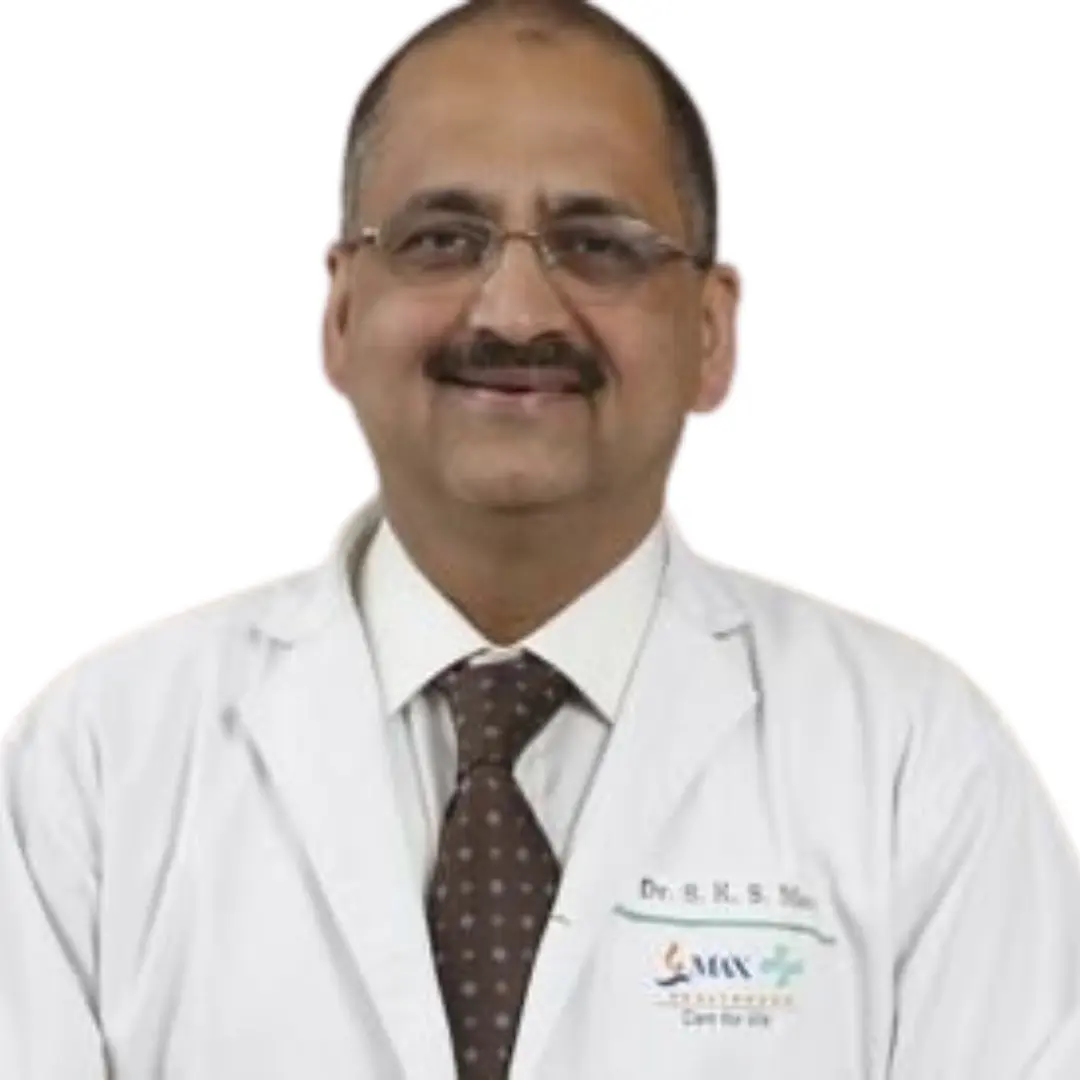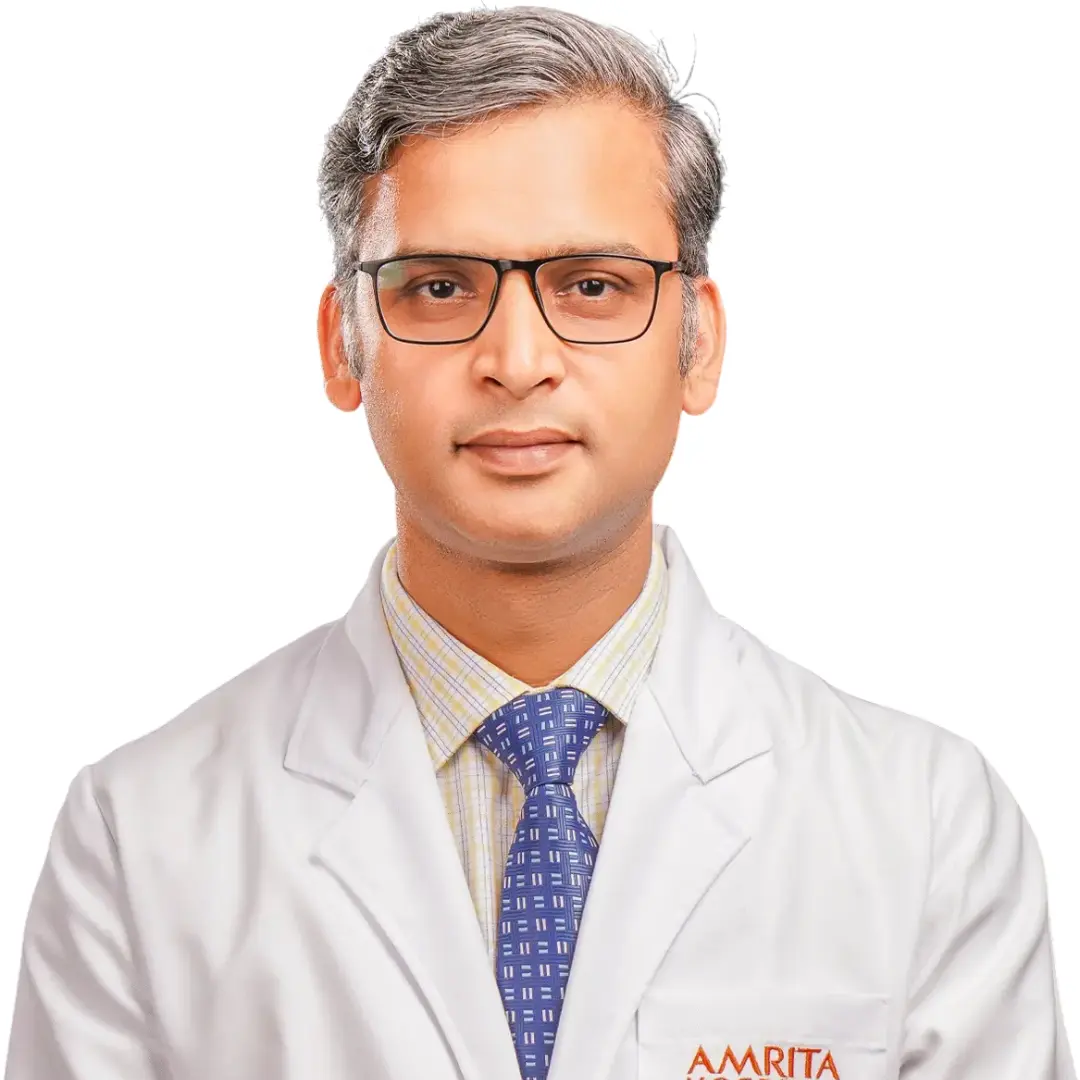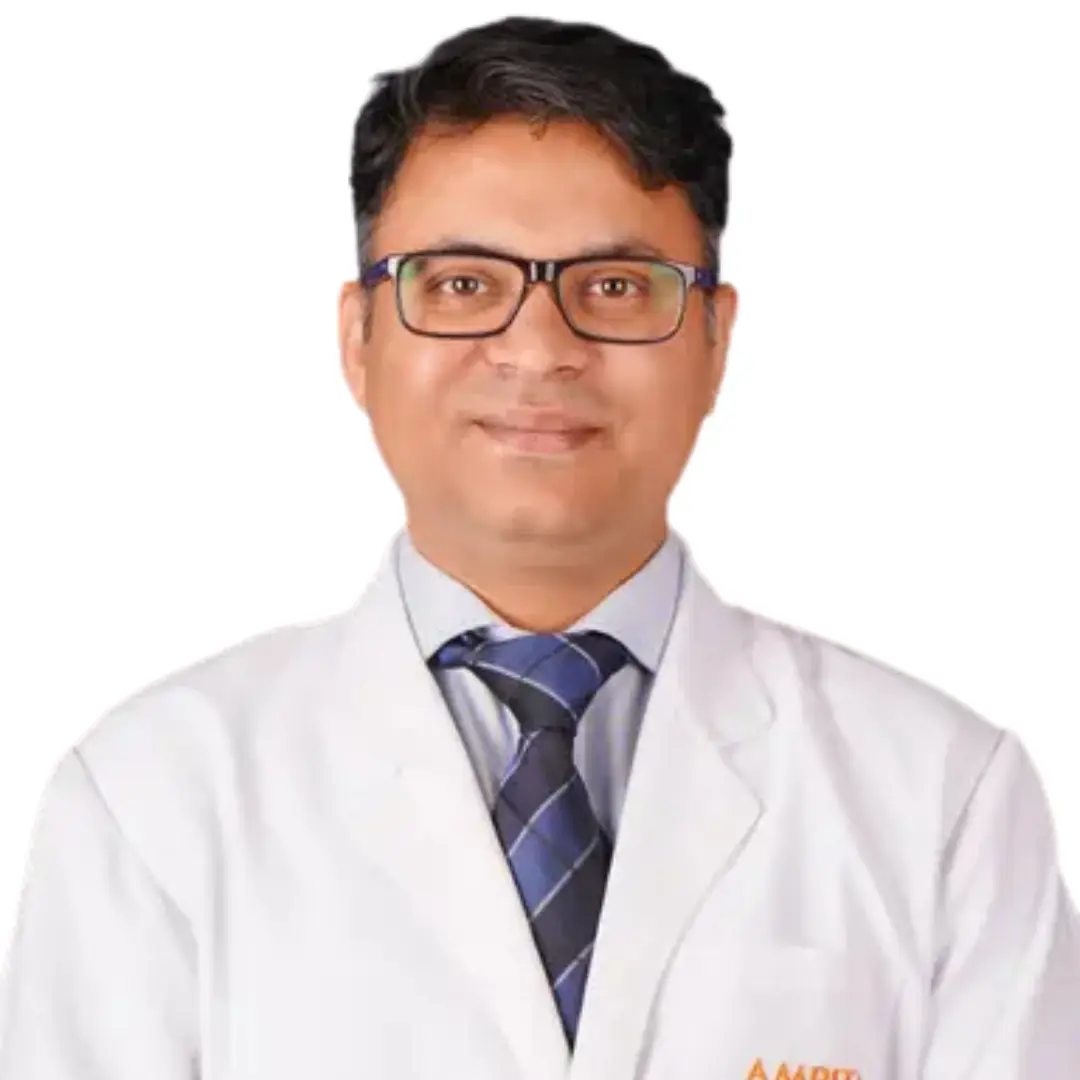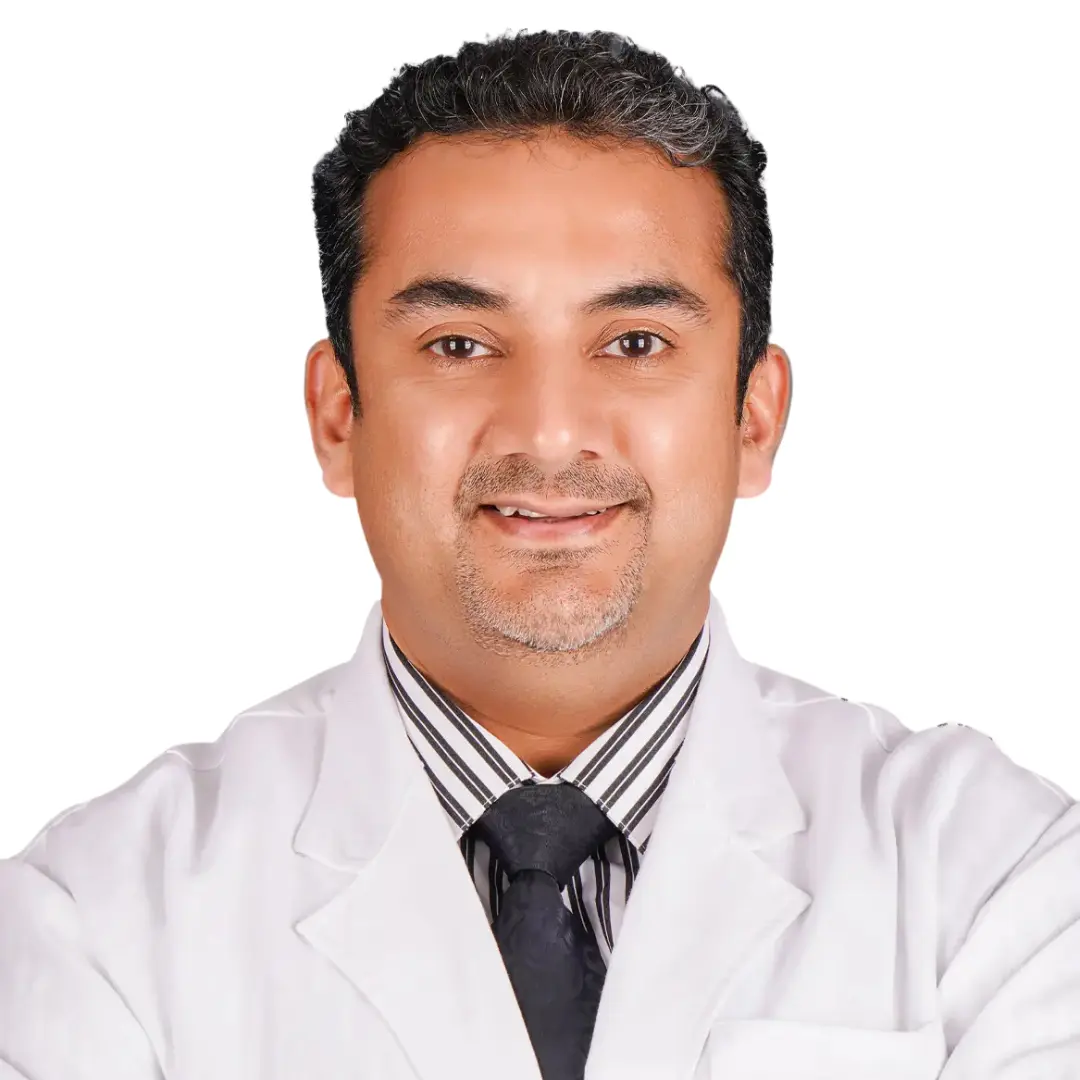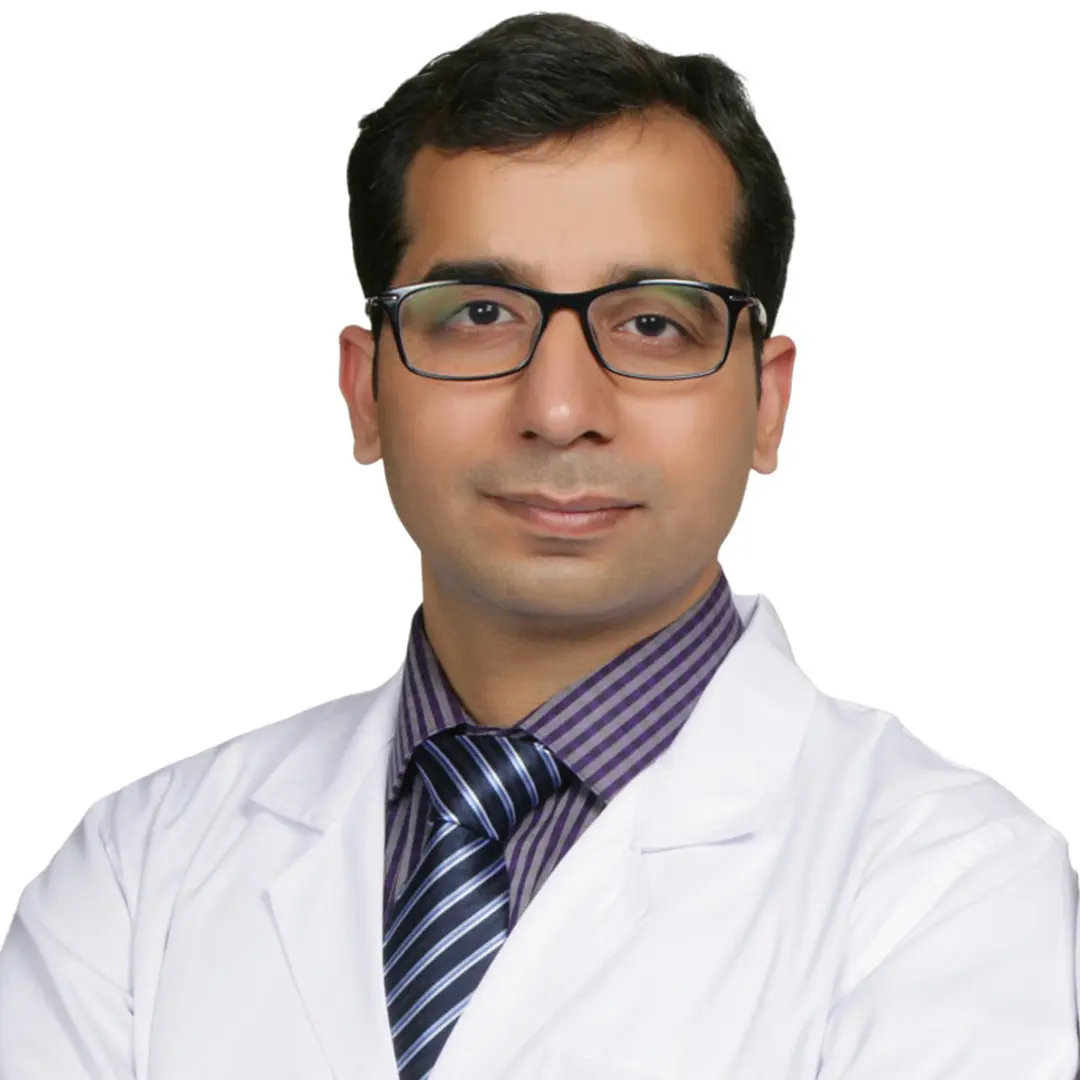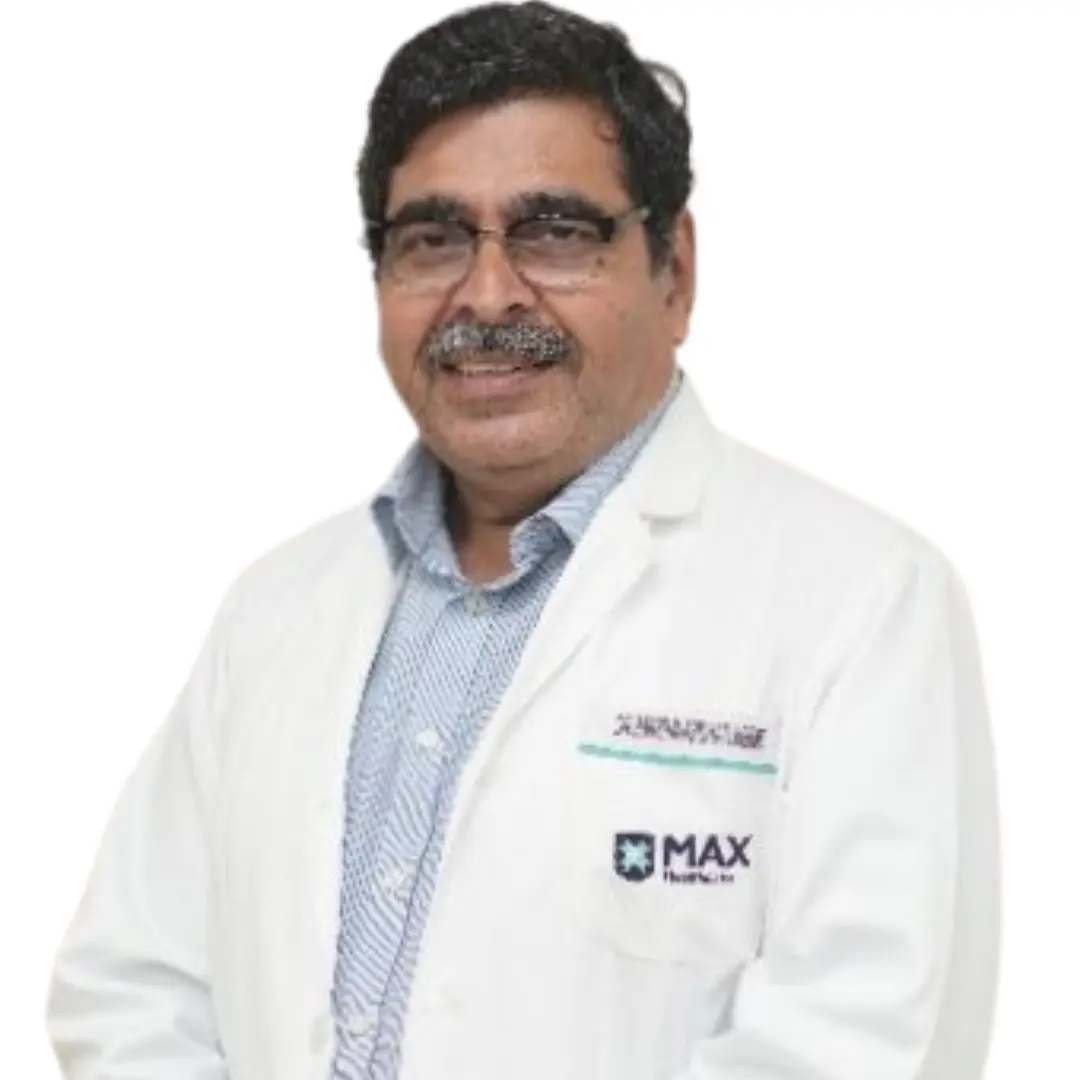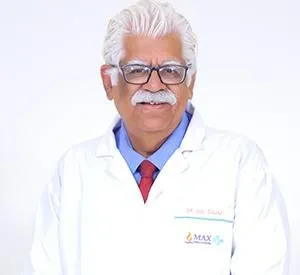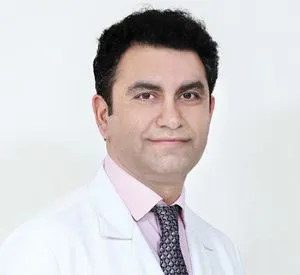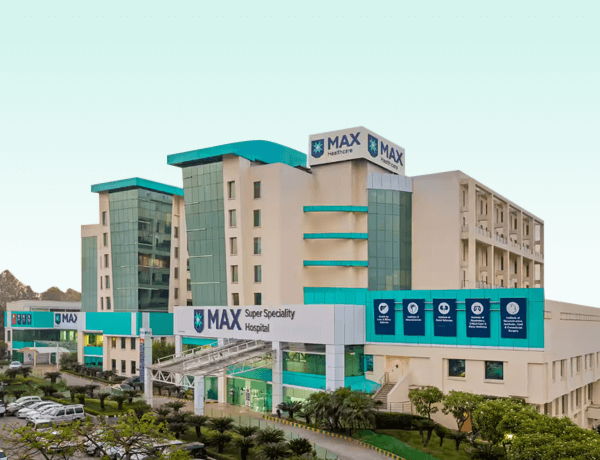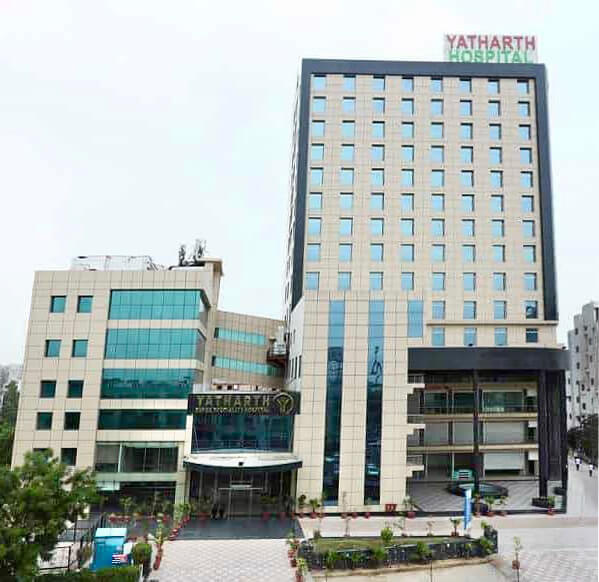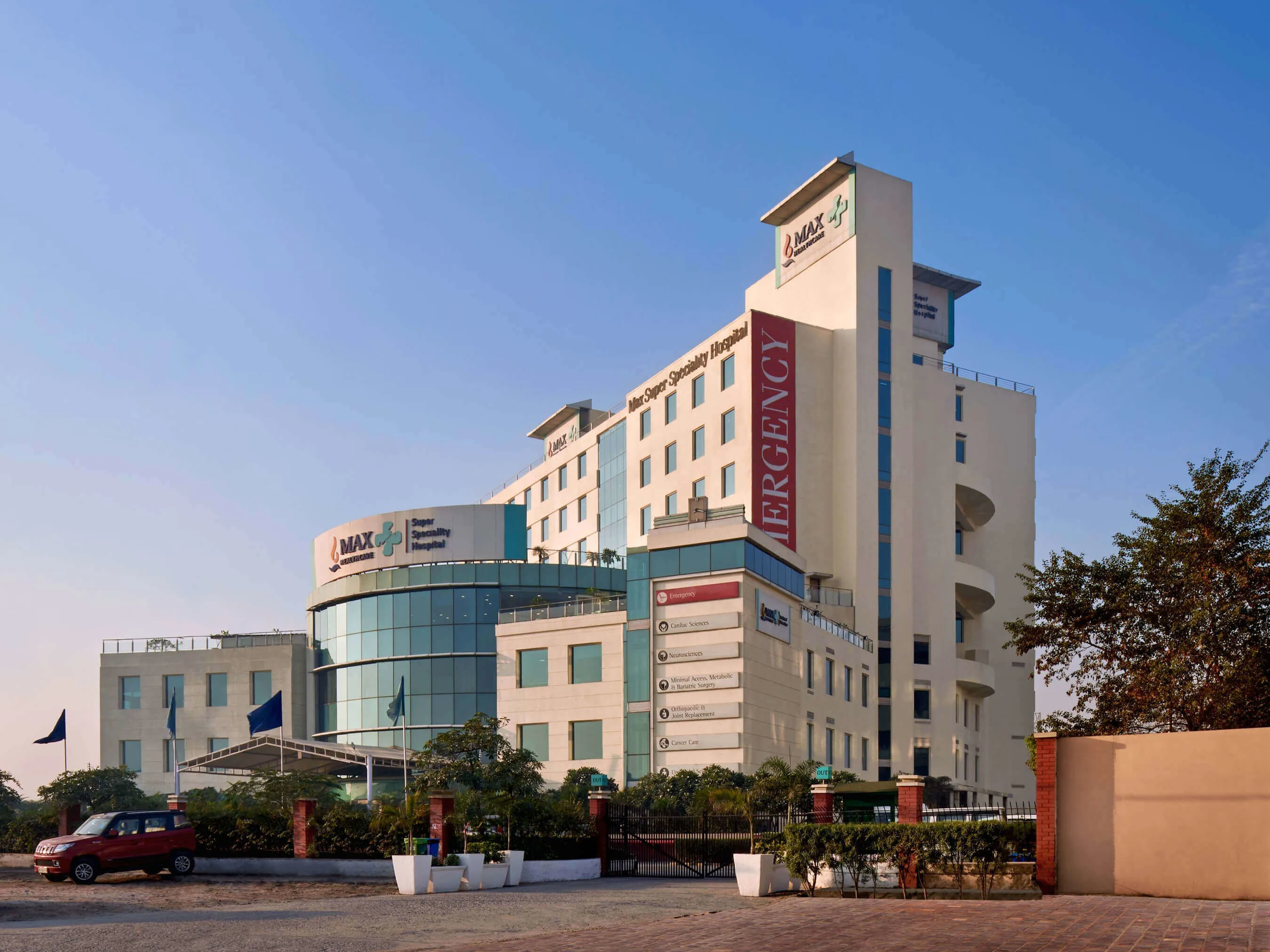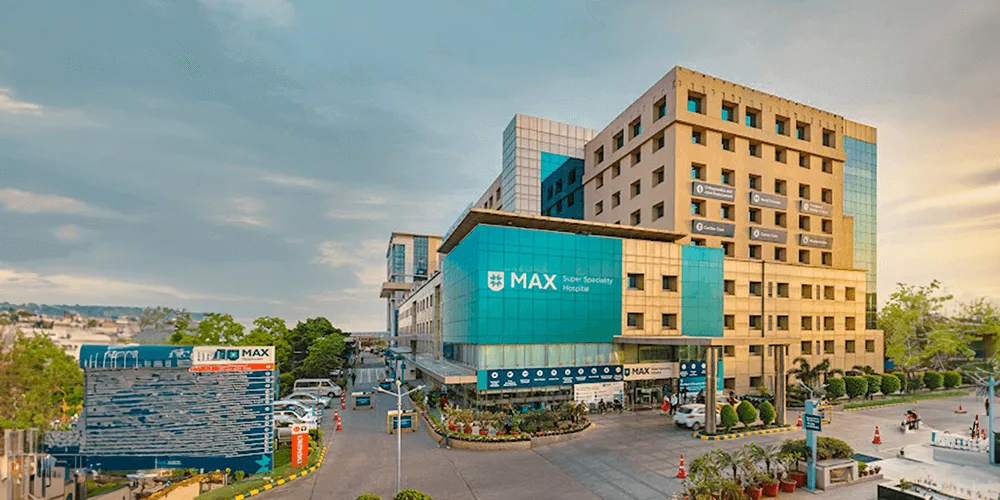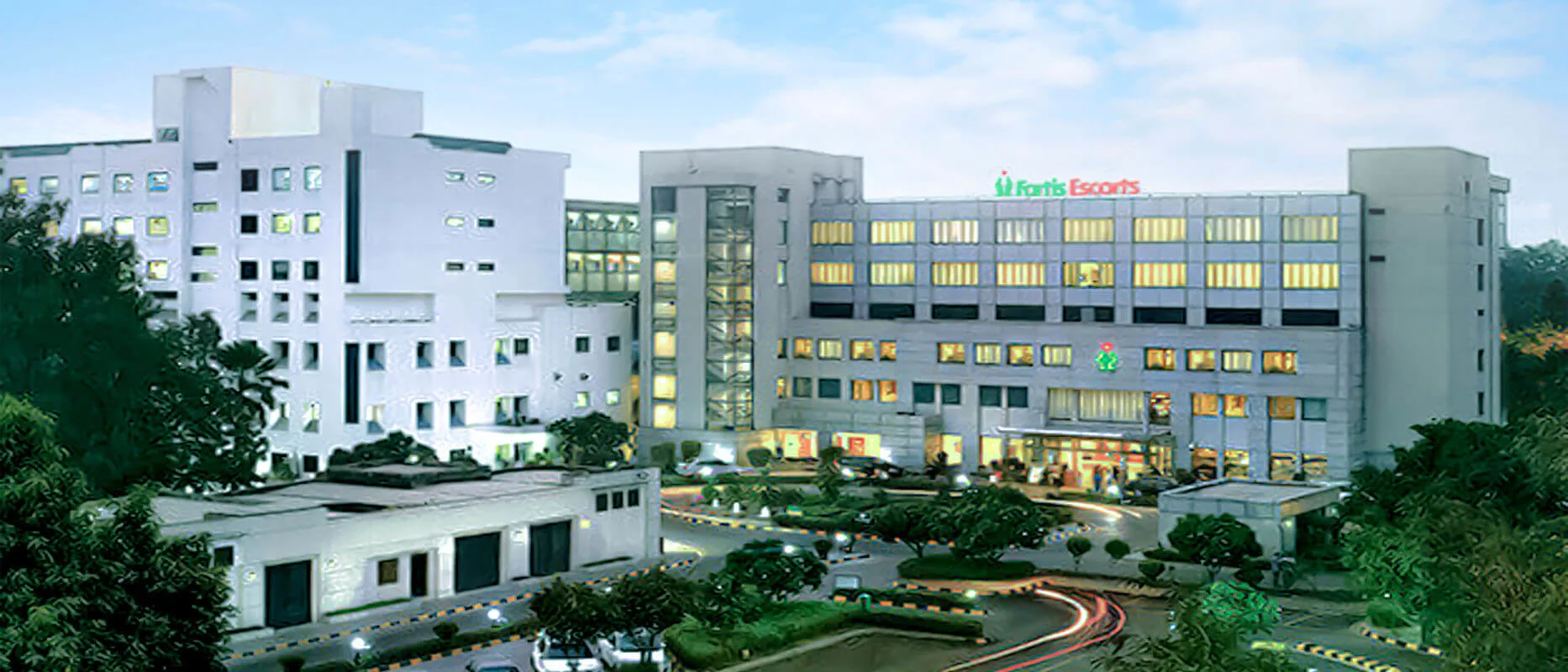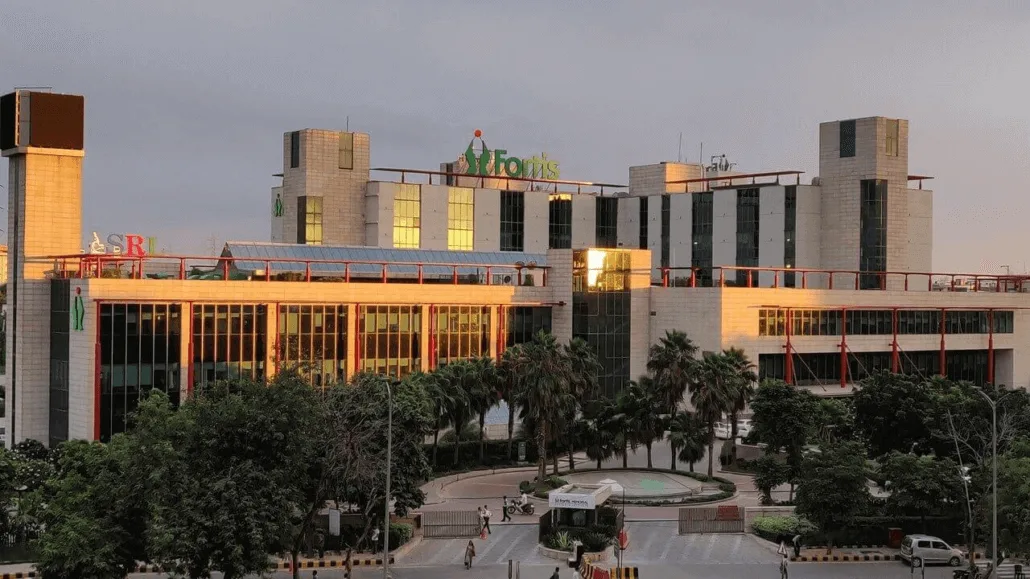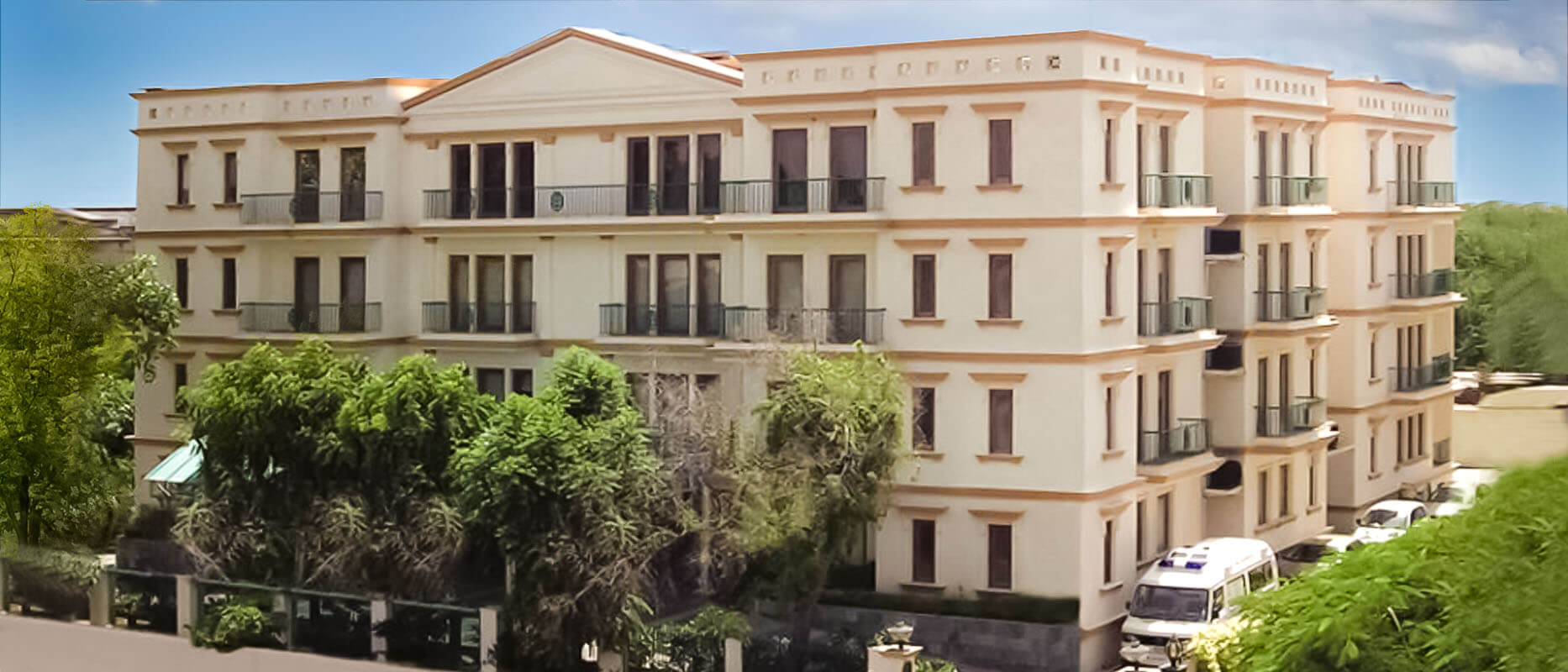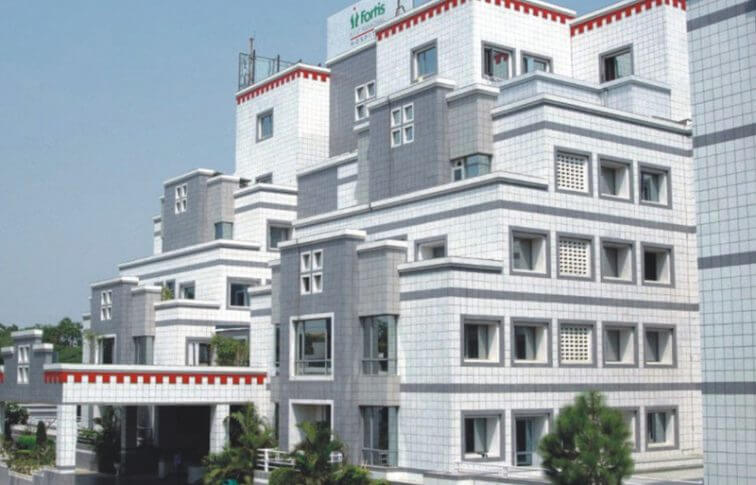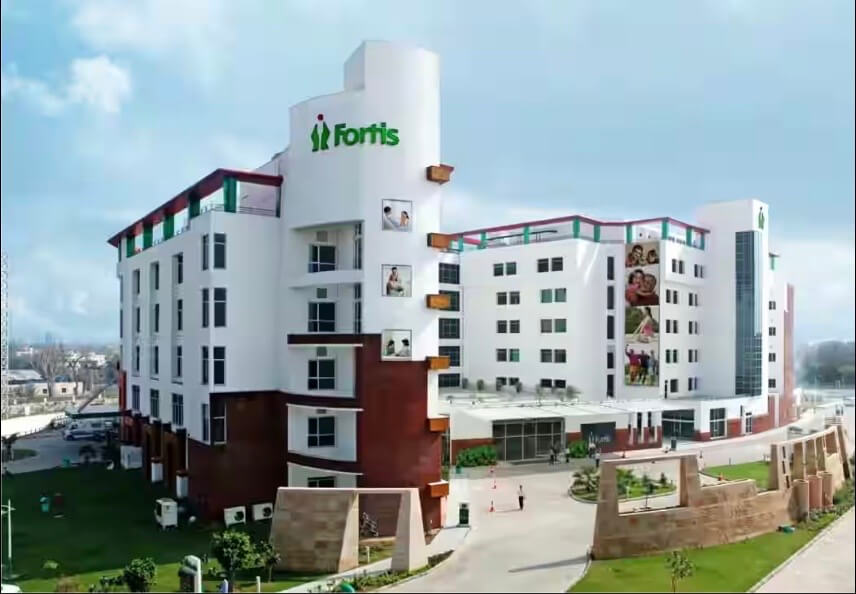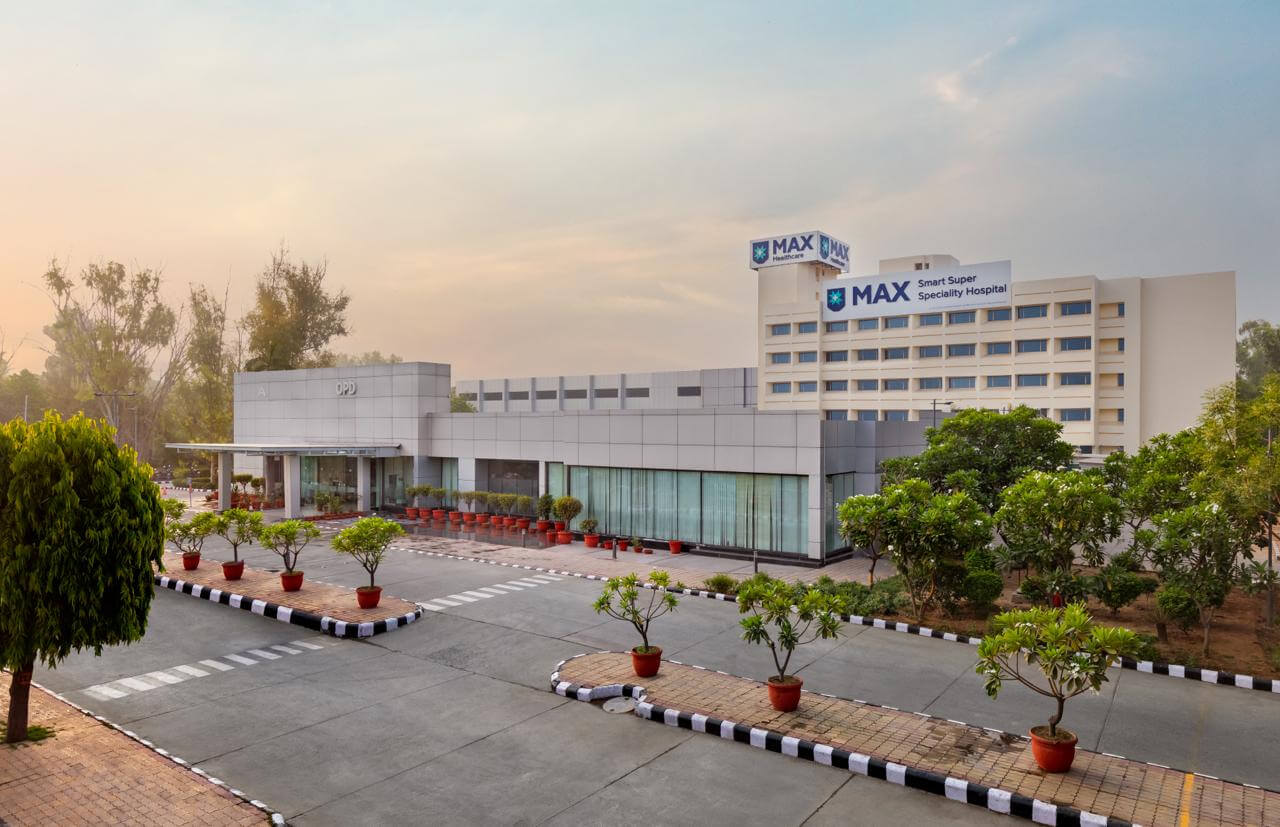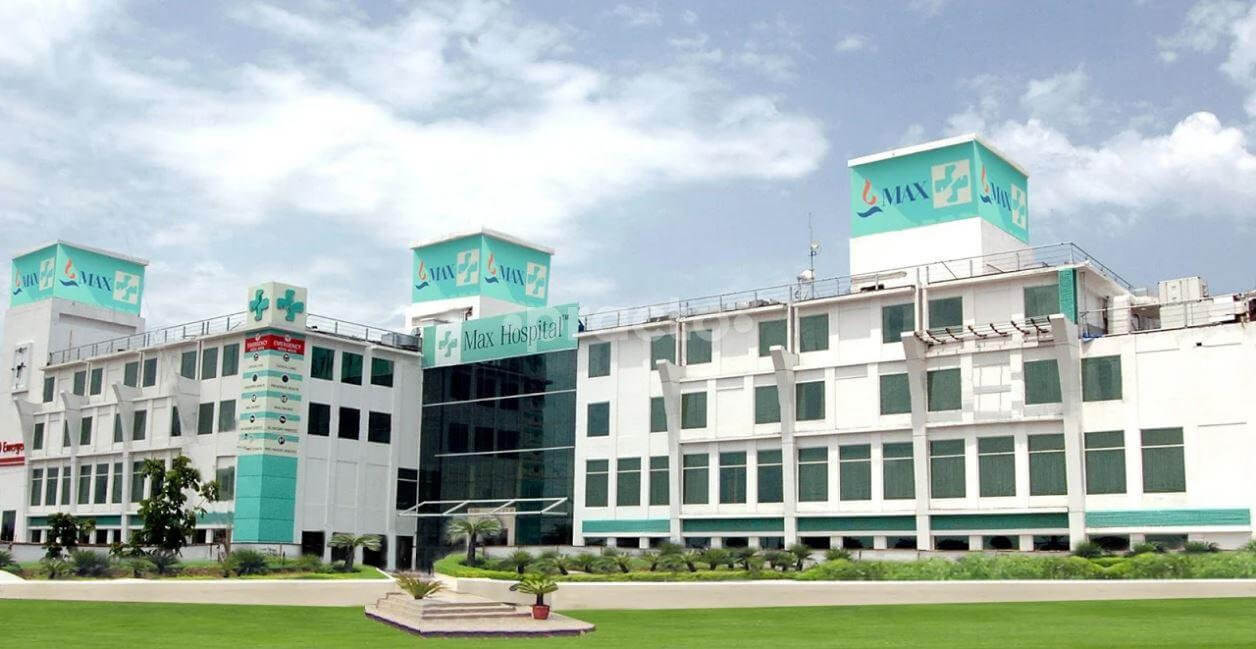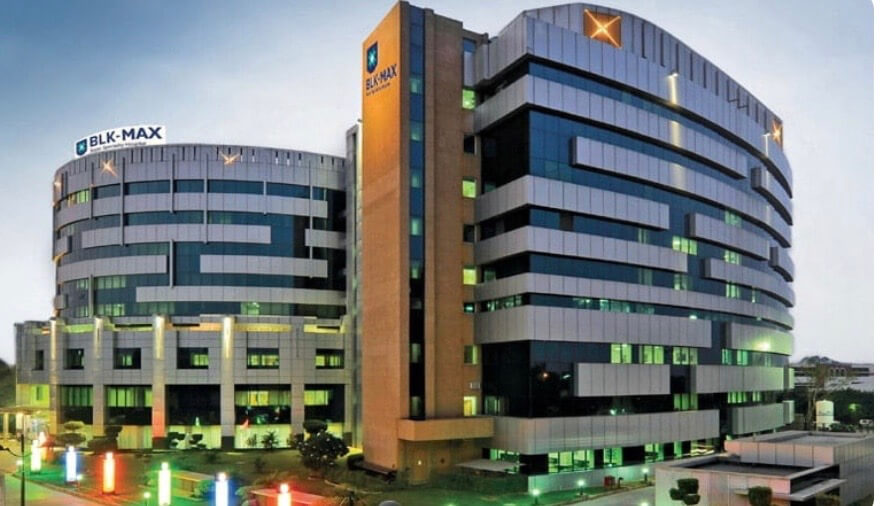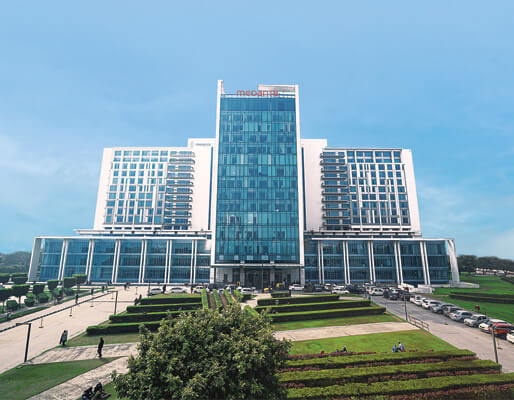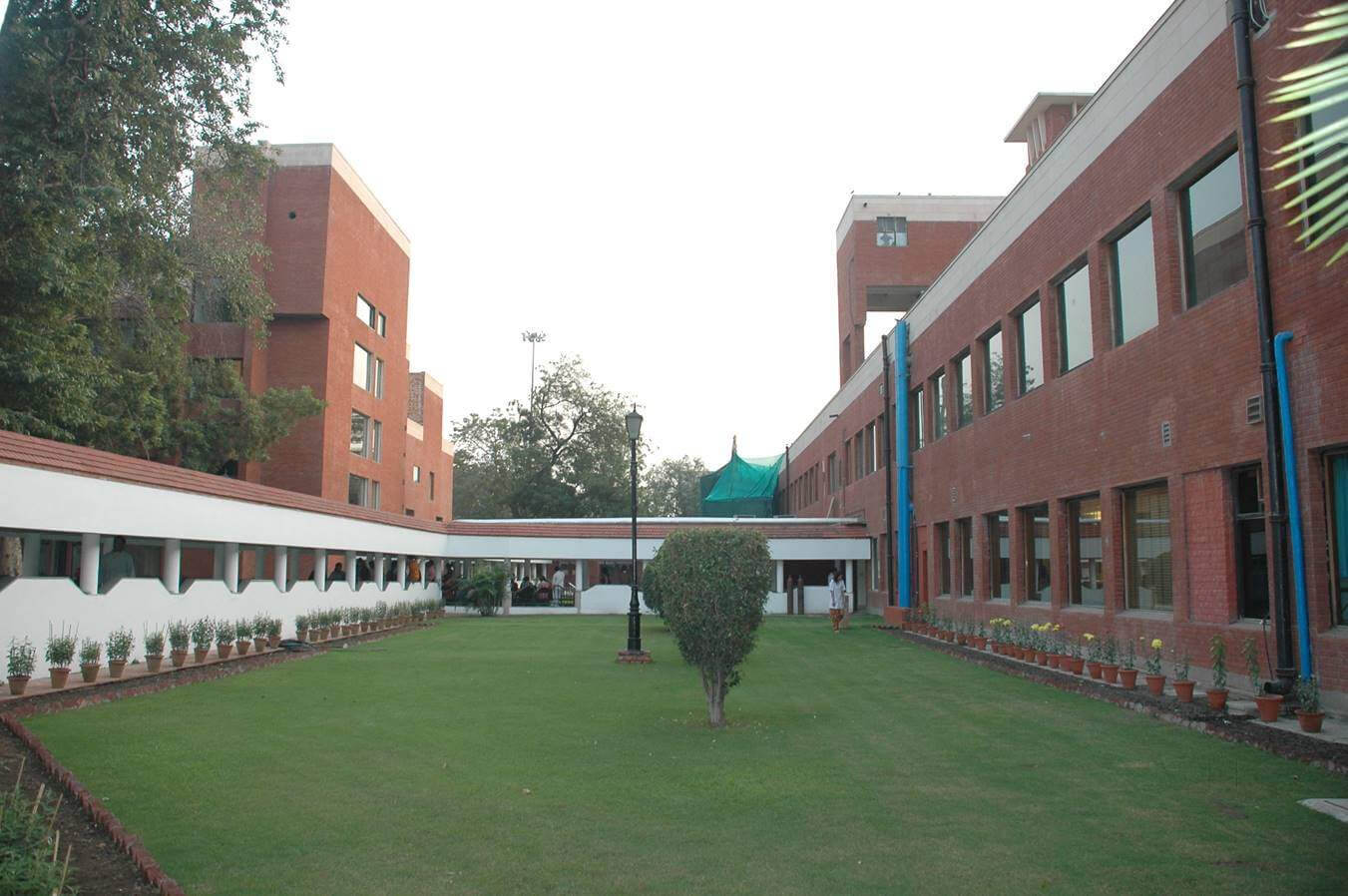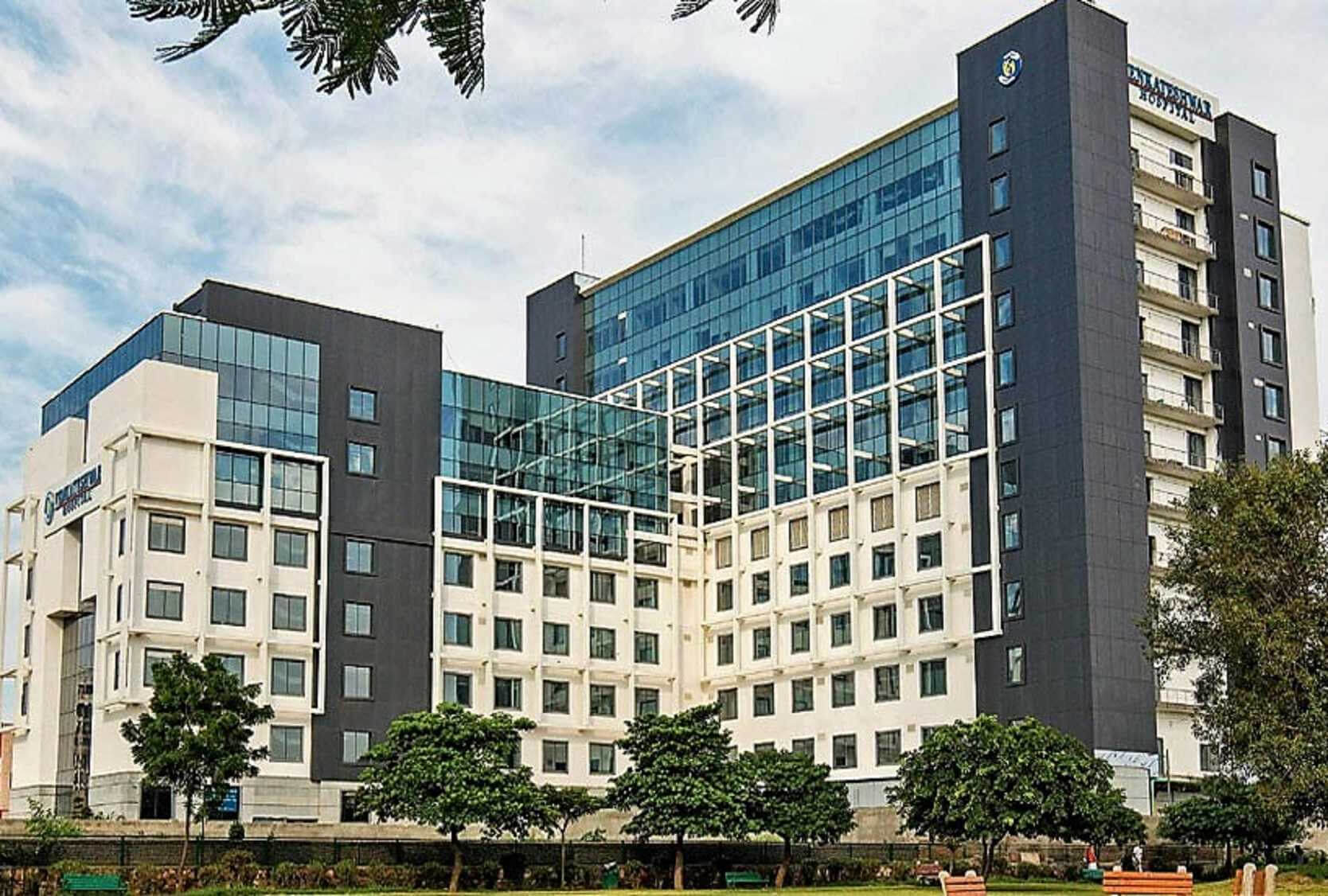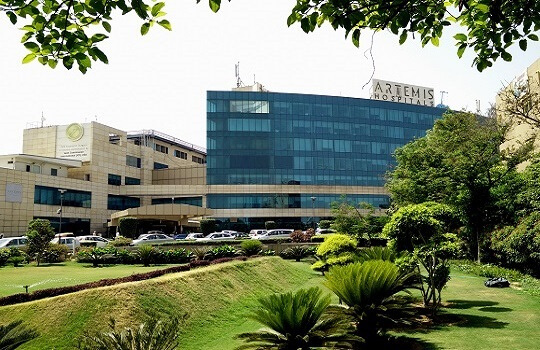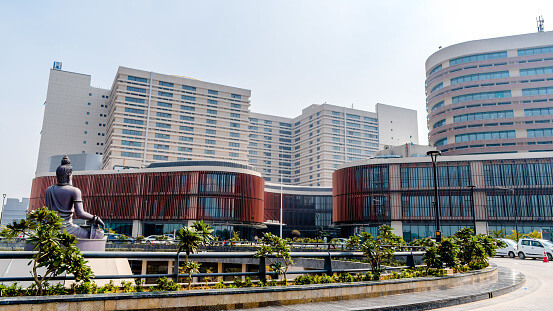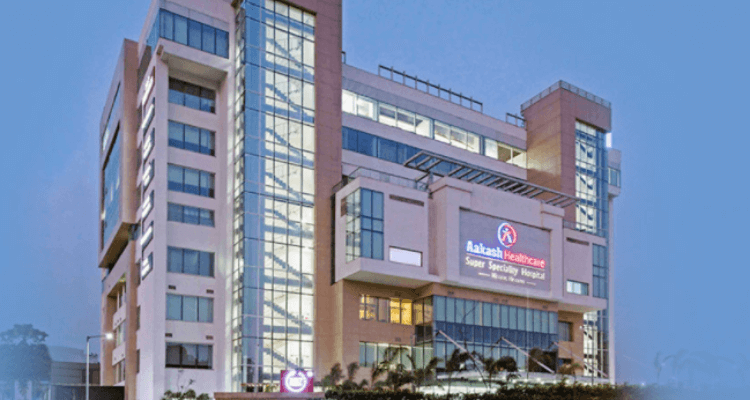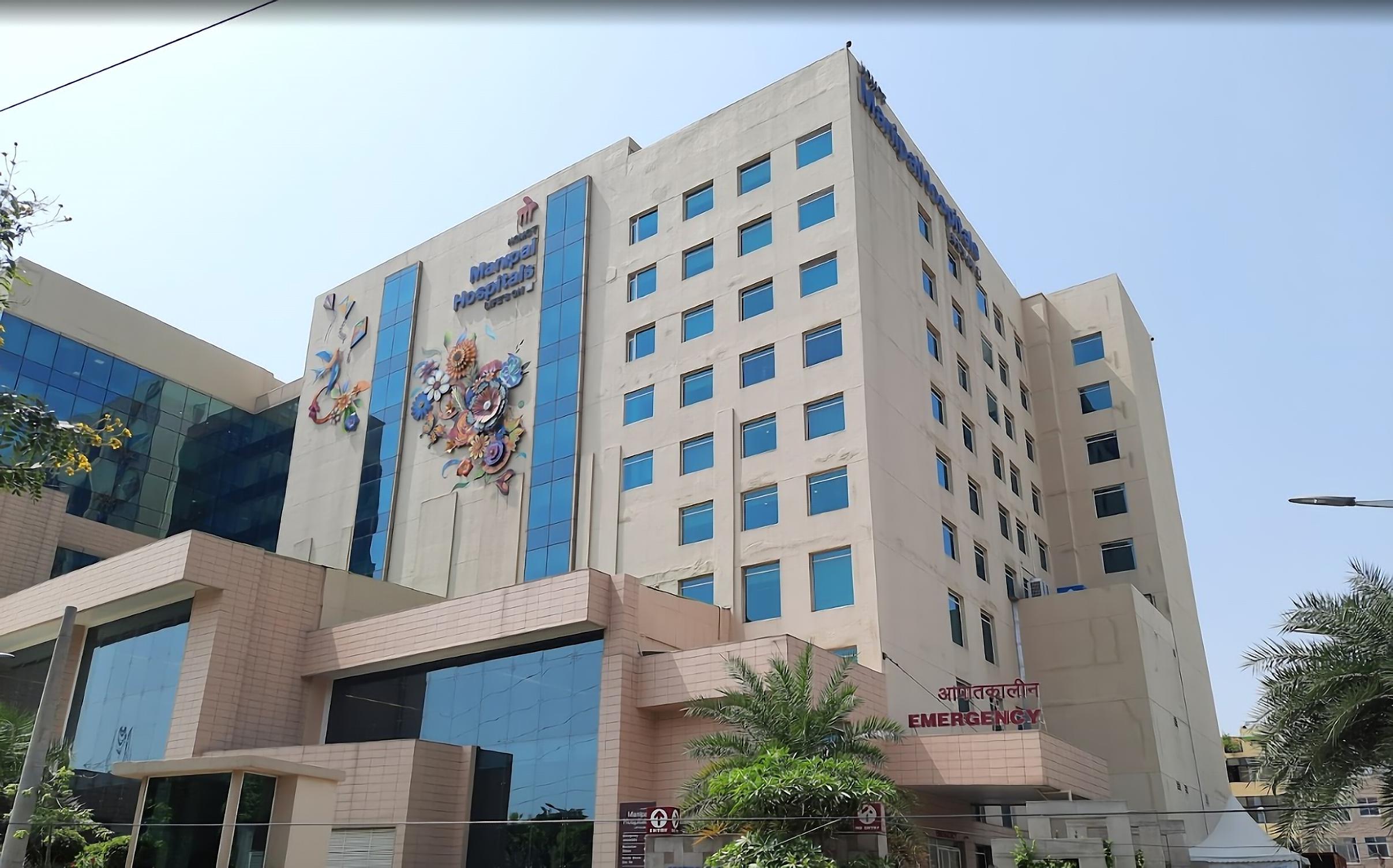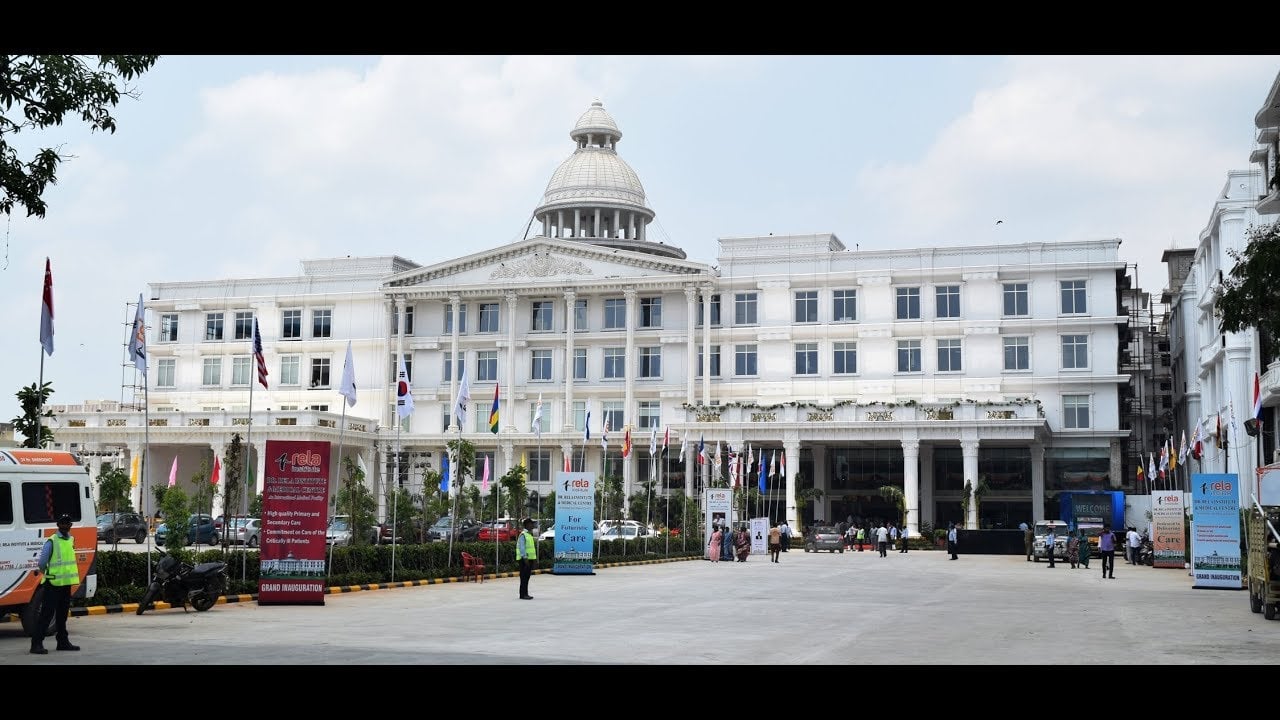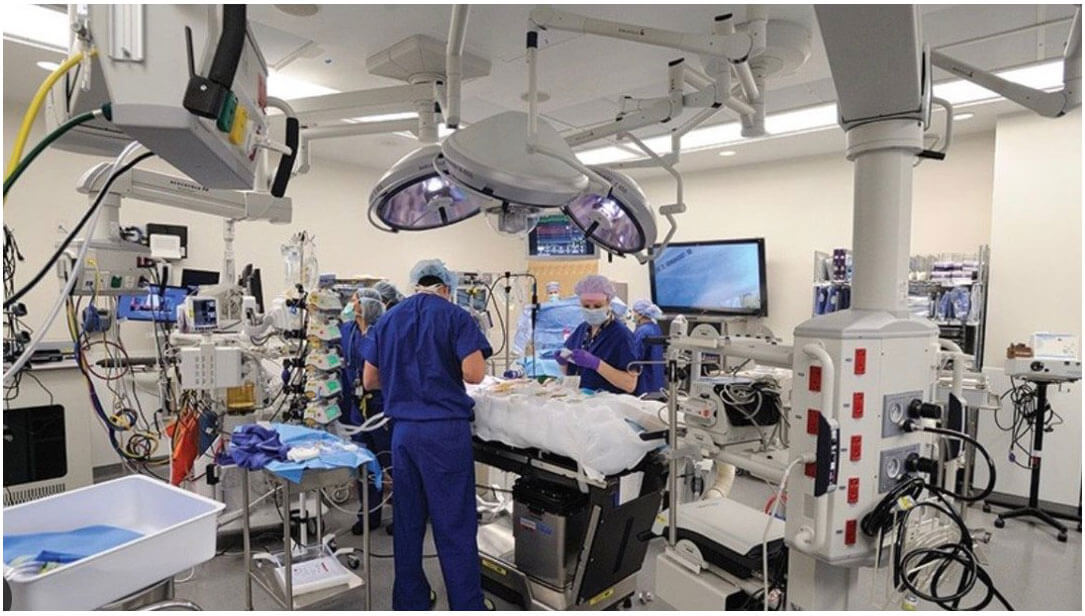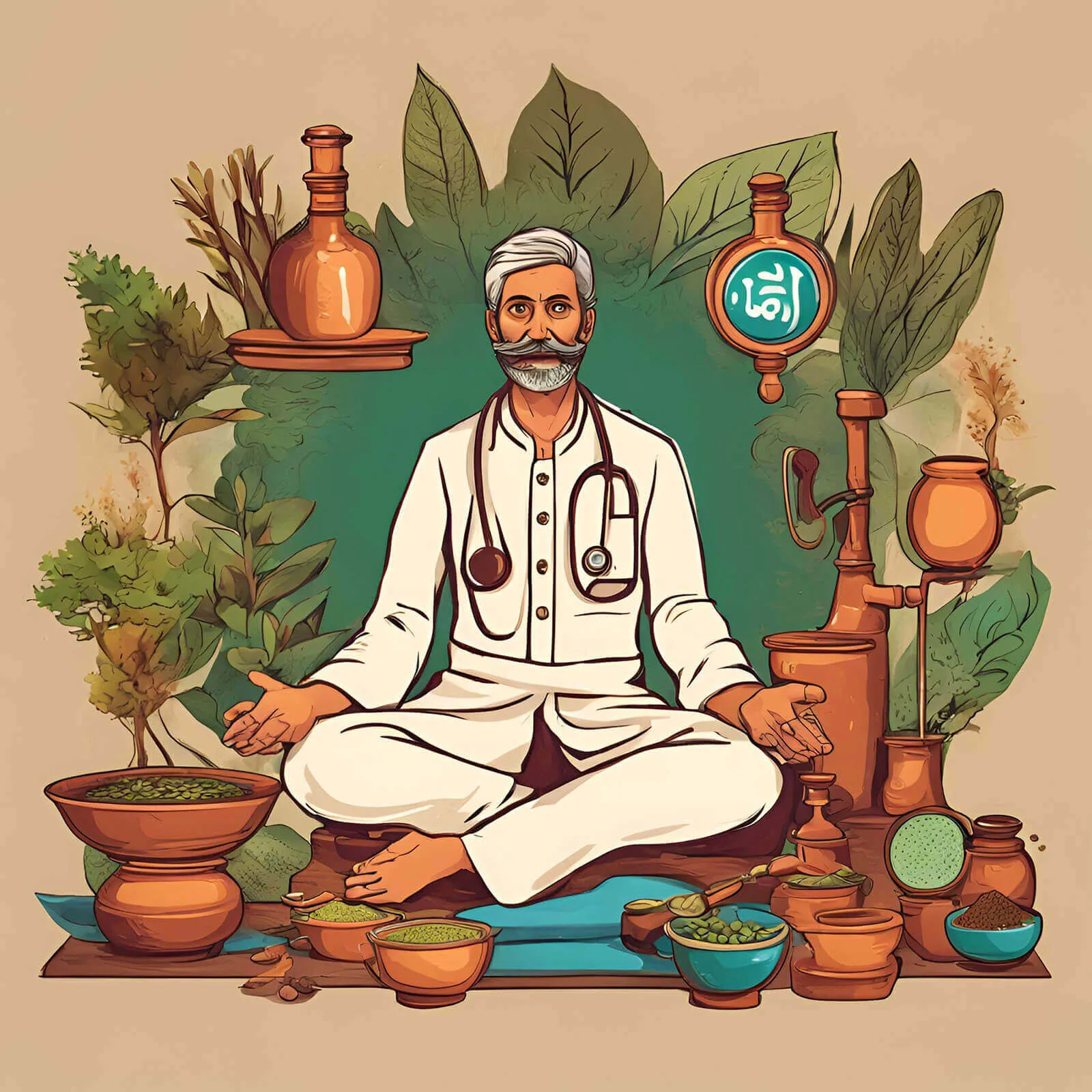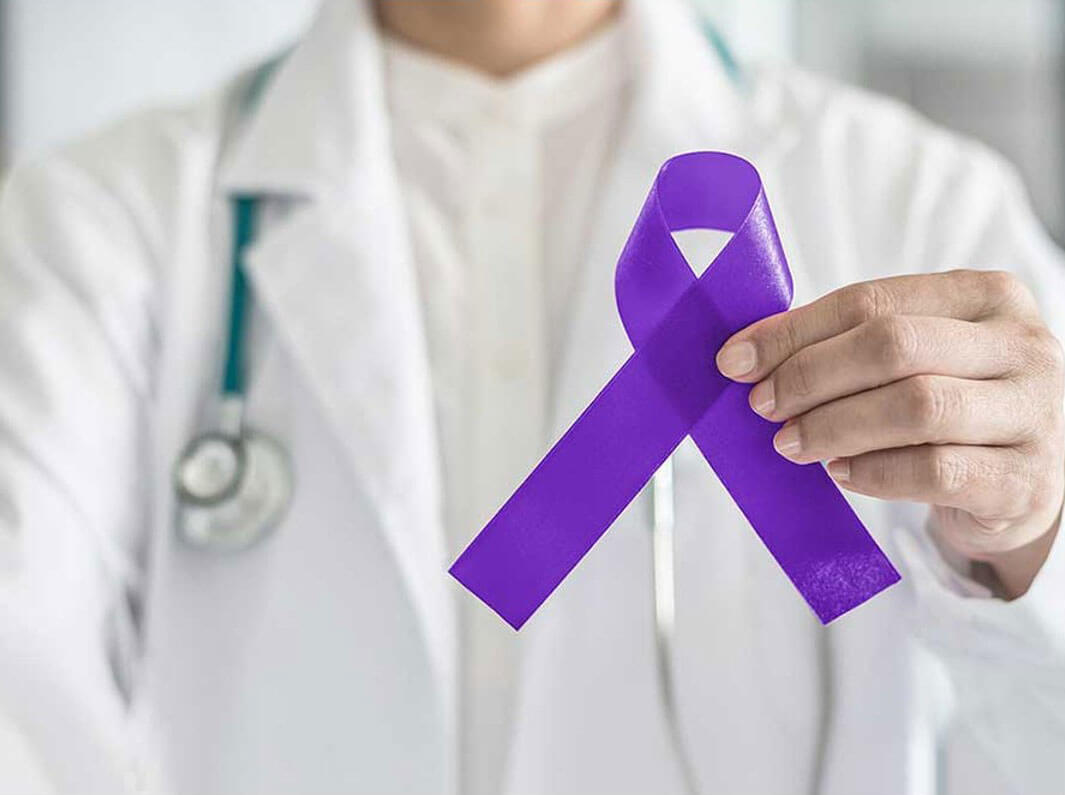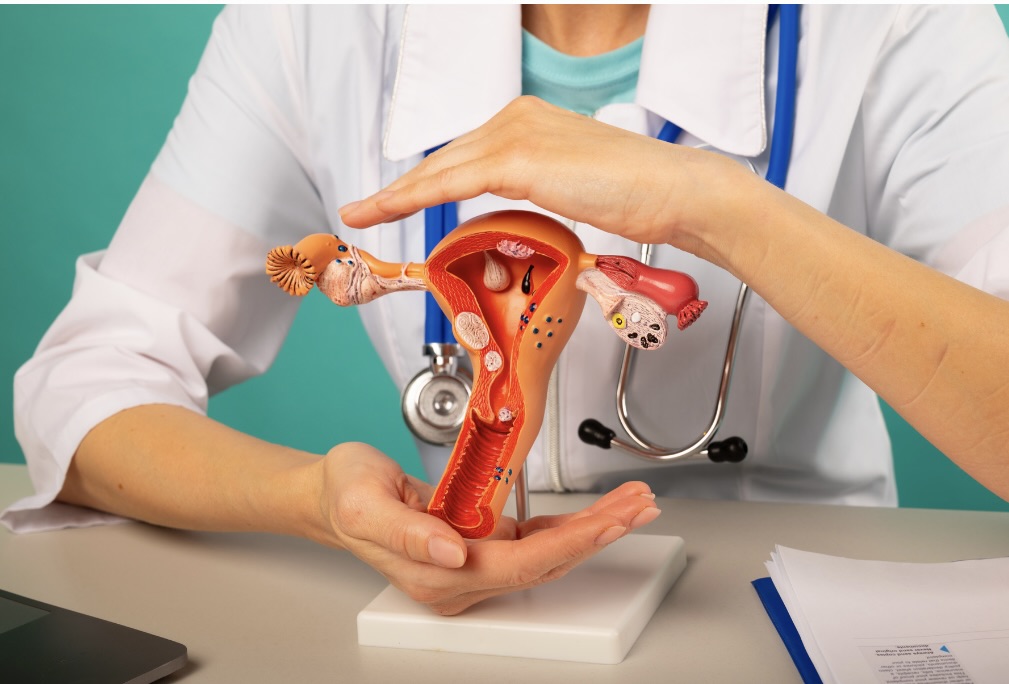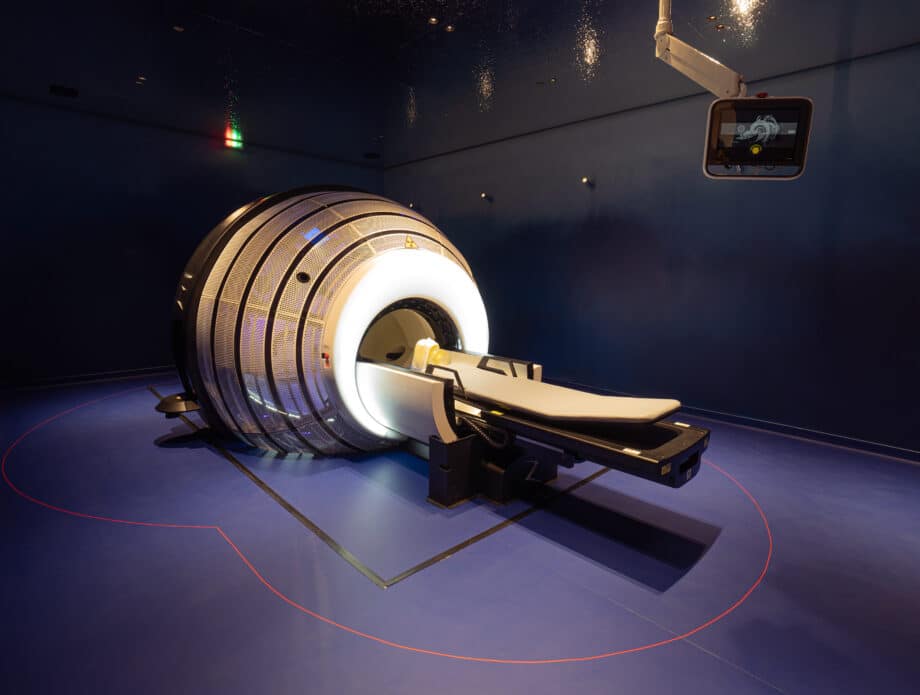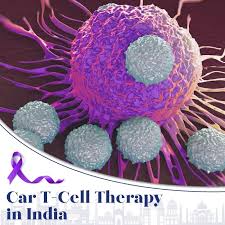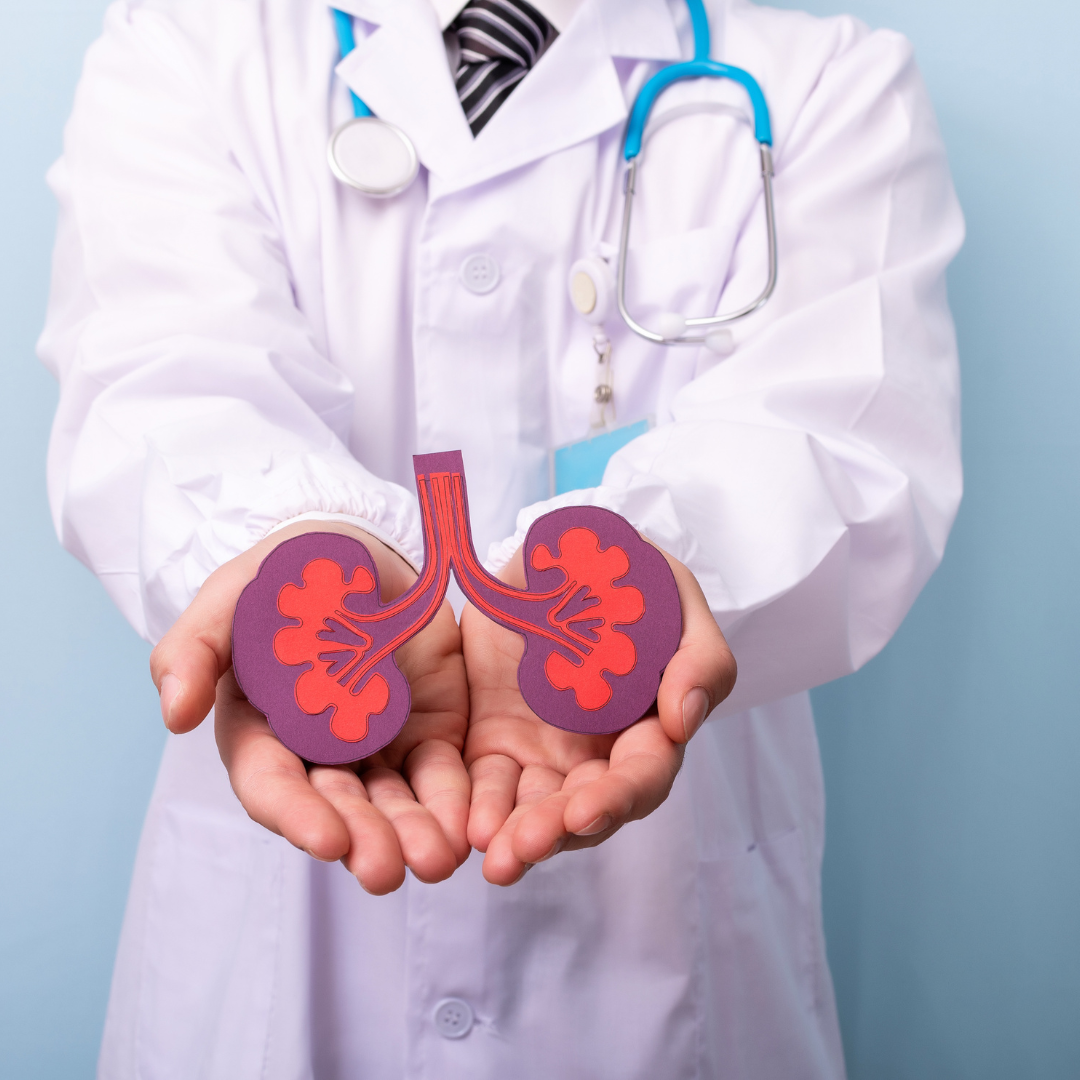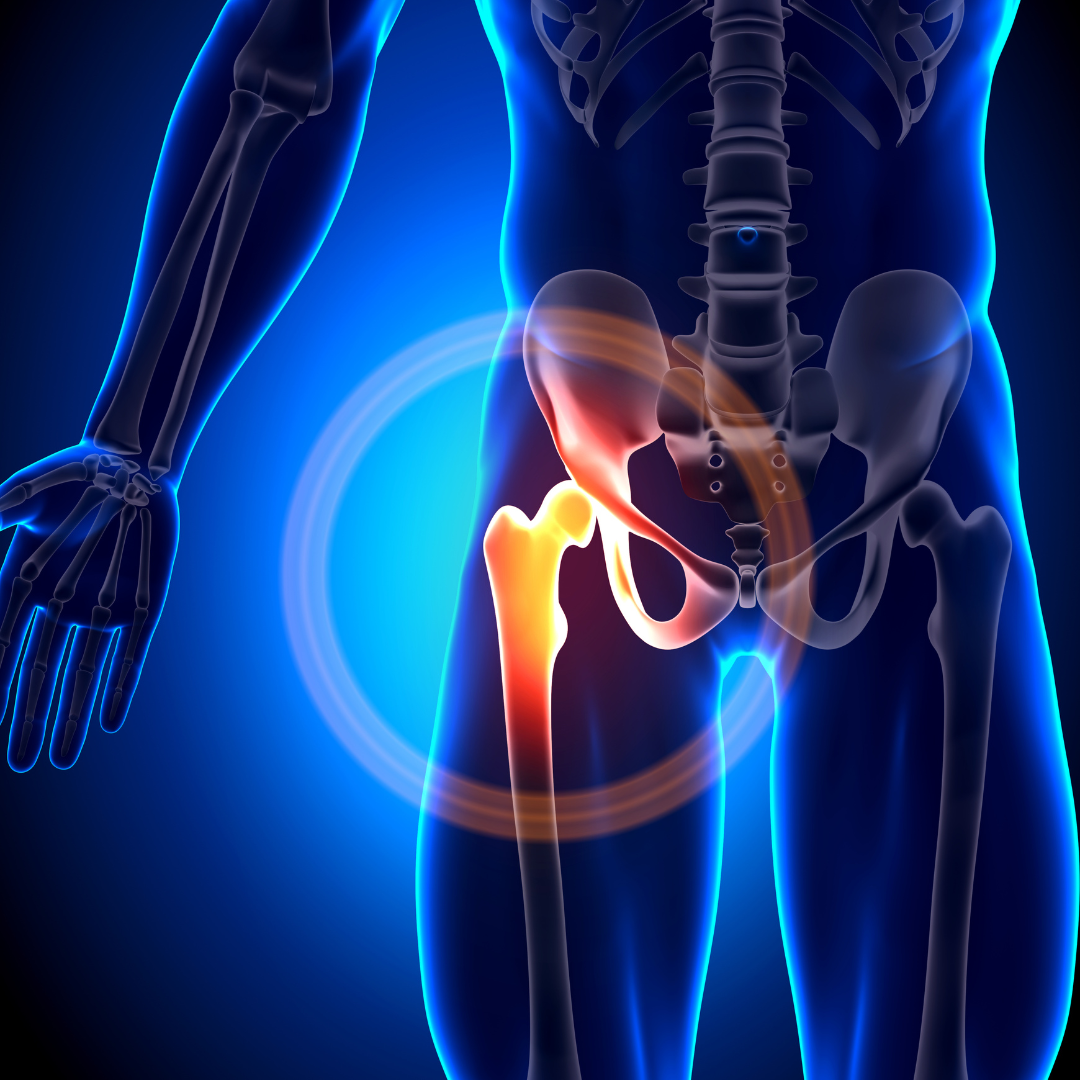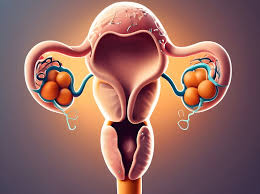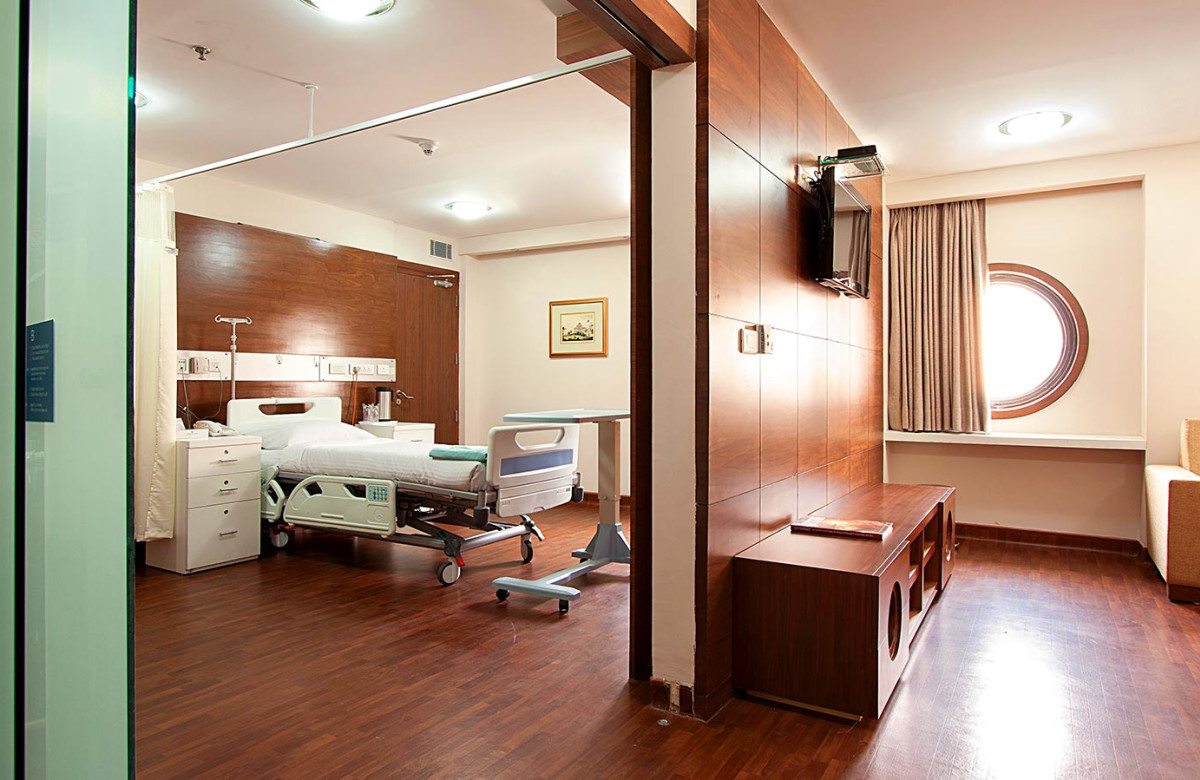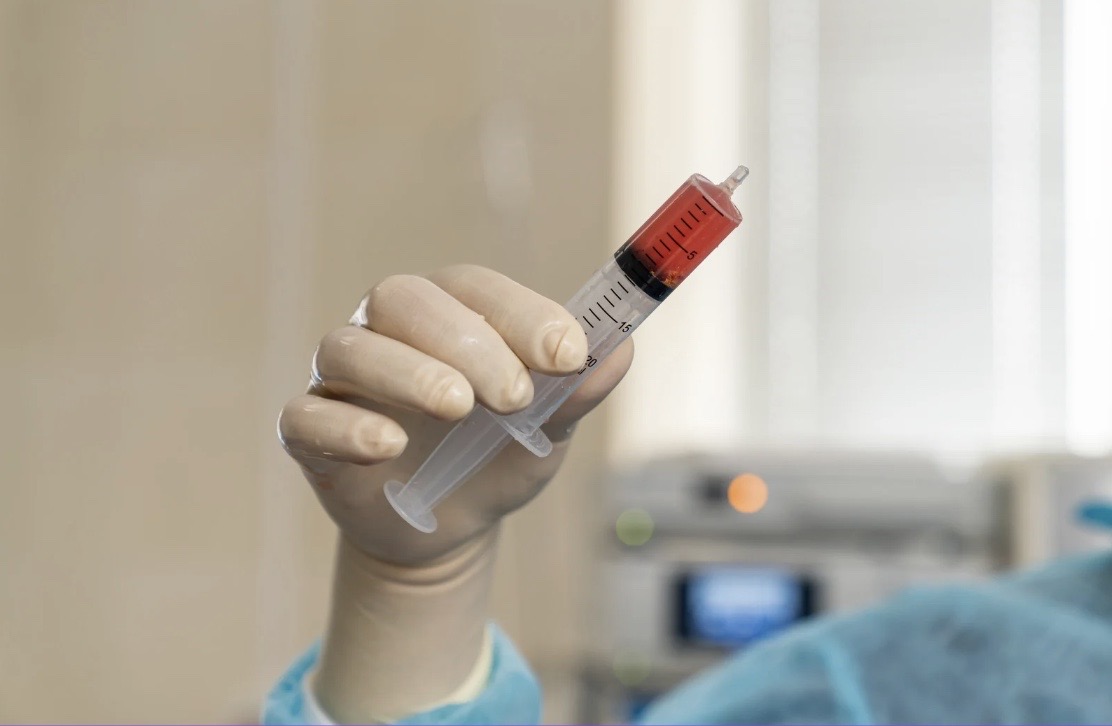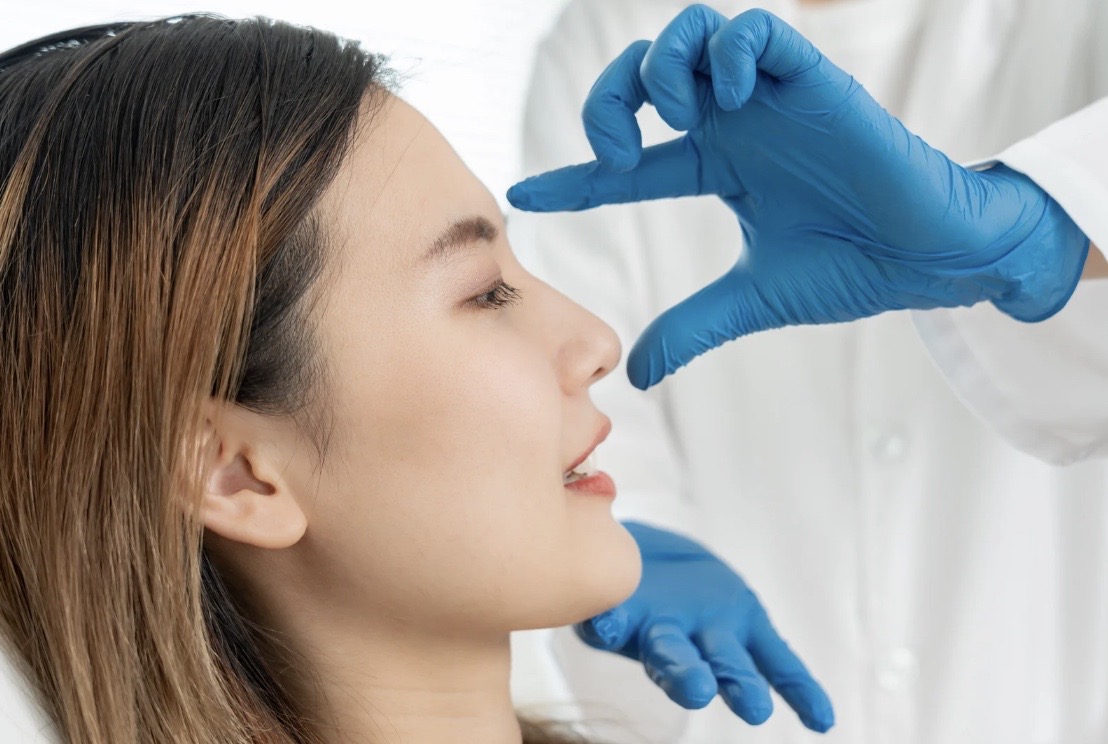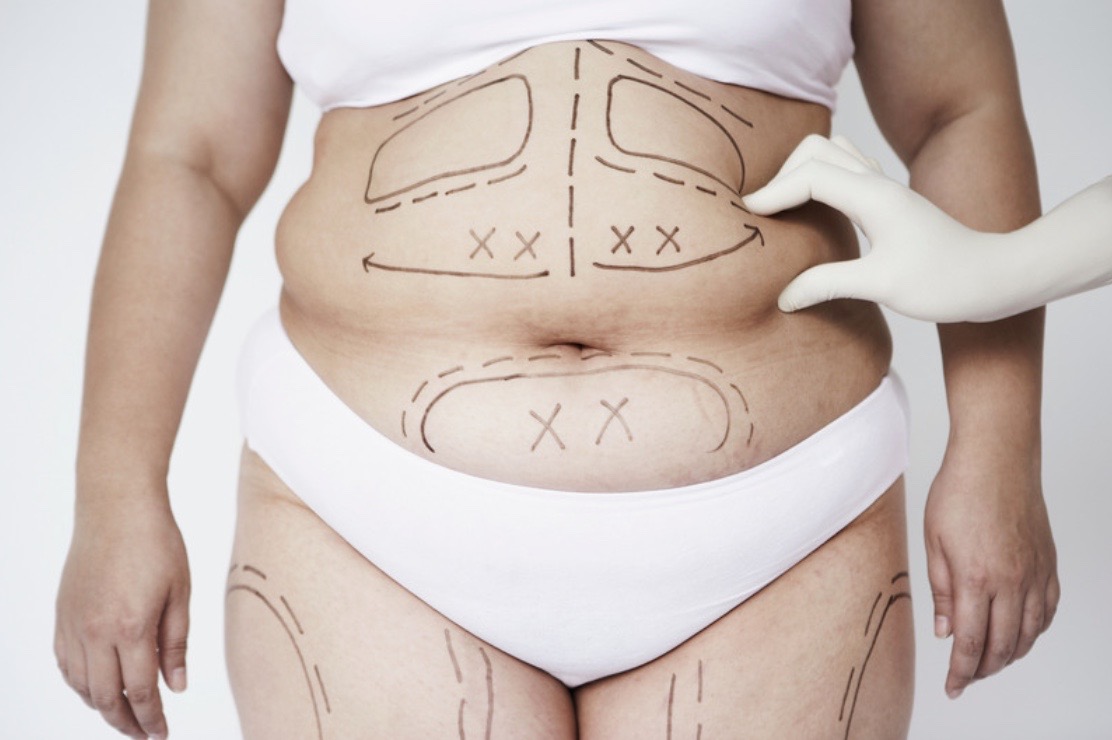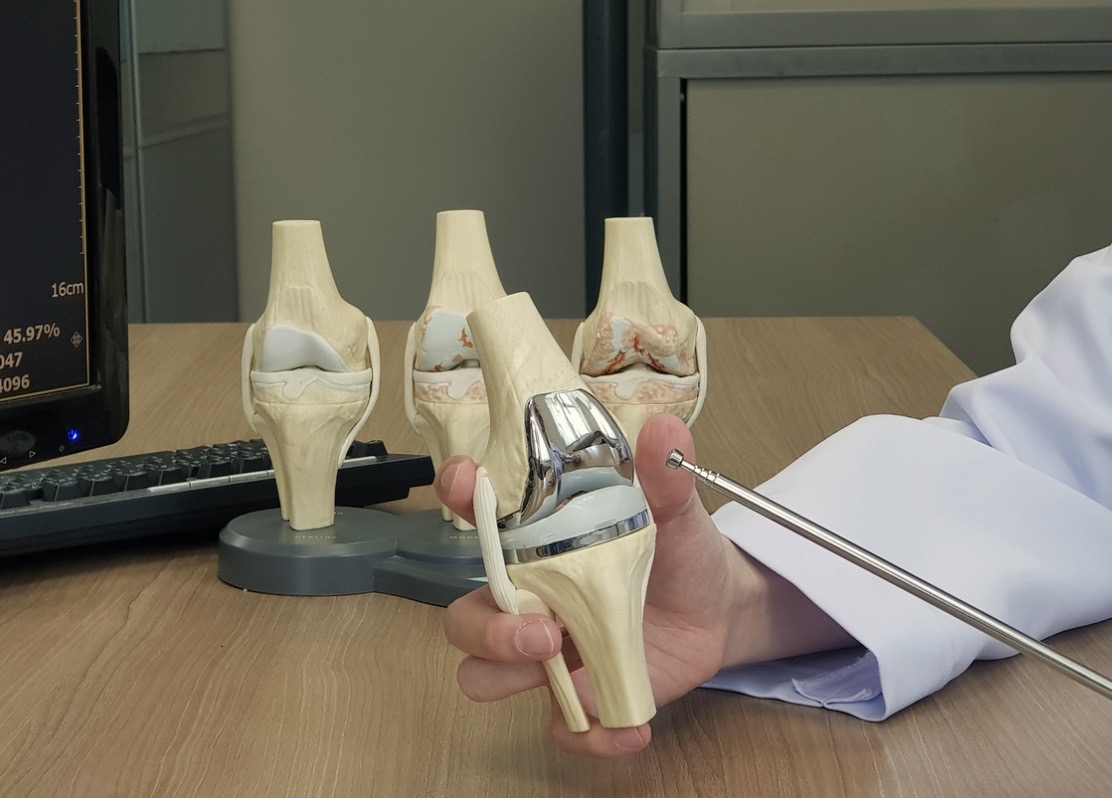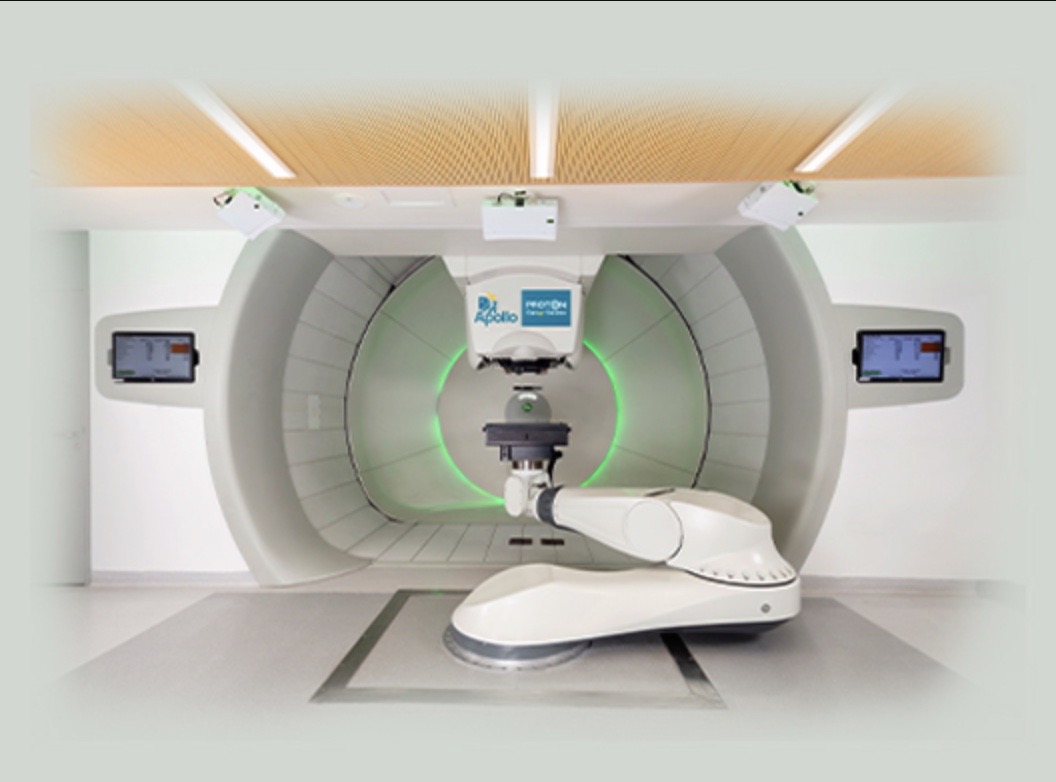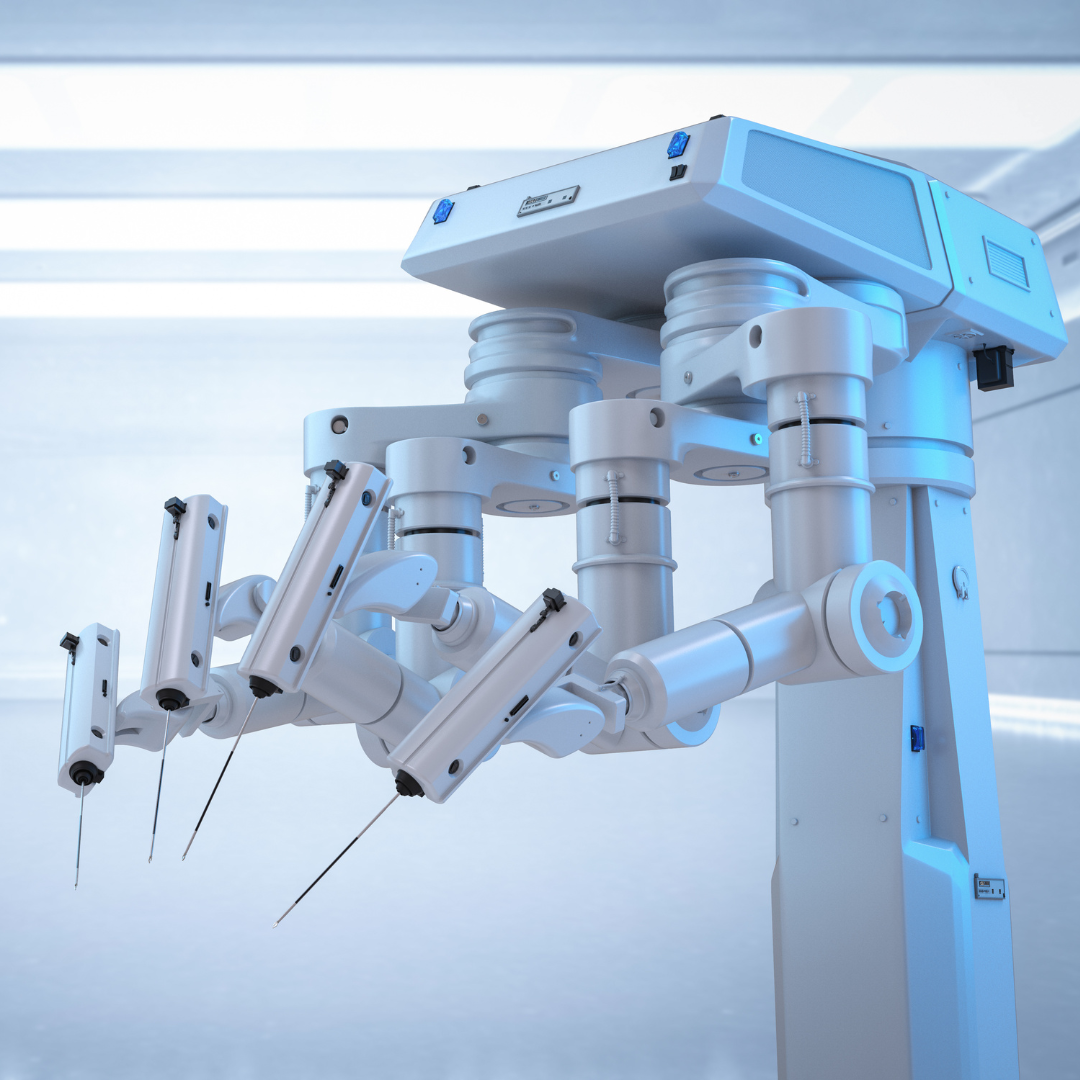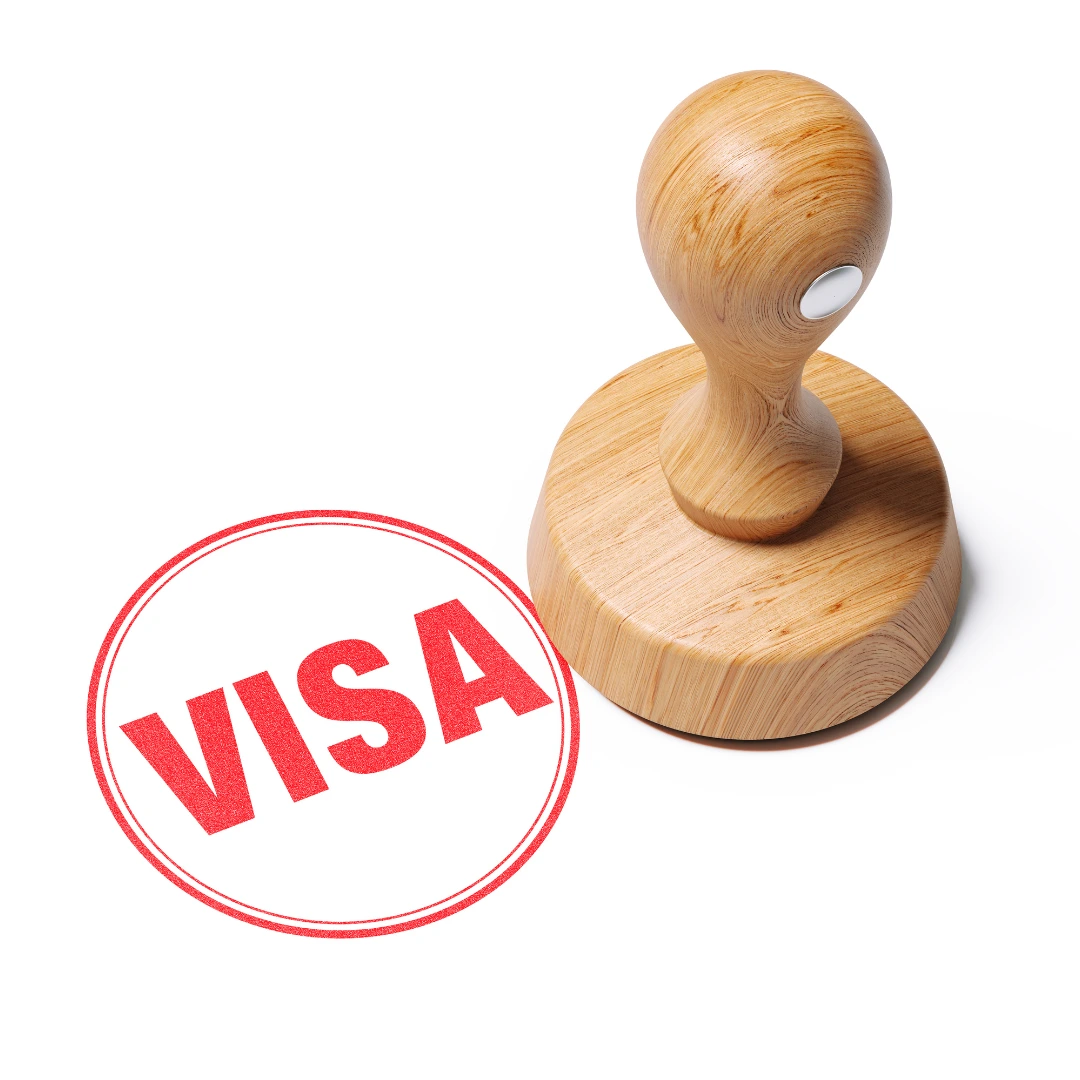Introduction
A rotator cuff tear refers to a tear or damage to the group of muscles and tendons that stabilize the shoulder joint, known as the rotator cuff. The rotator cuff plays a vital role in enabling shoulder movements such as lifting and rotating the arm. Tears can occur due to acute injury or age-related wear and tear. Symptoms often include shoulder pain, weakness, limited range of motion, and difficulty performing overhead tasks. Rotator cuff tears are common among athletes, especially those involved in repetitive overhead activities, and older adults. Treatment options depend on the severity of the tear and may include physical therapy, medications, or surgical interventions like arthroscopic surgery. Early diagnosis and intervention can help restore shoulder function and prevent further complications.
Cost Comparison
Avg Cost of treatment - $3,000
Maximum cost of treatment - $10,000
Factors affecting Cost of treatment
1. Type of Treatment:
-
Conservative Treatment (Physical Therapy & Medication): Generally less expensive compared to surgery.
-
Surgical Treatment (Arthroscopy or Open Surgery): The cost is significantly higher due to the complexity, operating room charges, and post-operative care
2. Surgeon’s Expertise:
-
Experienced surgeons or specialists in orthopedics may charge higher fees for consultations, diagnosis, and surgeries.
3. Procedure Complexity:
-
Severity of the injury and the method of surgery (minimally invasive arthroscopy vs. open surgery) will affect the cost.
-
Multiple tendon tears may require more extensive treatment, increasing the cost.
4. Duration of Hospital Stay:
-
If the treatment requires extended hospitalization, such as a longer recovery period post-surgery, the cost will increase.
-
Shorter recovery times (e.g., with minimally invasive surgeries) can reduce costs.
5. Imaging & Diagnostics:
-
The use of advanced diagnostic tools (e.g., MRIs, CT scans) for a detailed diagnosis will add to the total cost of treatment.
6. Rehabilitation:
-
Post-surgery physiotherapy and rehabilitation are essential for recovery and can add significant costs to the overall treatment.
7. Medical Equipment & Technology:
-
Advanced medical technology (e.g., robotic-assisted surgery, high-quality implants) can contribute to the increased cost.
8. Insurance Coverage:
-
If the patient has health insurance, the out-of-pocket expenses may be lower, as some treatments might be partially or fully covered.
9. Age and General Health:
-
Older patients or those with comorbidities may require specialized care, which can raise the cost of treatment.
Treatment Options
1. Conservative (Non-Surgical) Treatment:
-
Rest and Ice: The initial treatment involves rest and applying ice packs to reduce swelling and pain.
-
Physical Therapy: Exercises to improve range of motion, strengthen the shoulder muscles, and increase stability. Physical therapy is often recommended to manage mild to moderate tears.
-
Non-Steroidal Anti-Inflammatory Drugs (NSAIDs): Medications like ibuprofen can help manage pain and inflammation.
-
Corticosteroid Injections: In cases where inflammation is persistent and pain is severe, corticosteroid injections can provide temporary relief.
-
Activity Modification: Limiting certain shoulder movements or activities that aggravate the tear, such as lifting heavy objects or overhead movements.
2. Surgical Treatment:
If conservative treatment fails to relieve symptoms or if the tear is severe, surgery may be recommended:
-
Arthroscopic Surgery: A minimally invasive procedure where a small camera and surgical instruments are inserted through tiny incisions to repair the tear. This method typically involves less pain and a faster recovery time compared to open surgery.
-
Rotator Cuff Repair: The surgeon reattaches the torn tendon to the bone using sutures or anchors.
-
Open Surgery: For more complex or larger tears, open surgery may be necessary. This involves a larger incision to access the shoulder and repair the tear. The recovery period is longer compared to arthroscopic surgery.
-
Tendon Transfer: If the rotator cuff is severely torn and cannot be repaired, a tendon transfer procedure may be done, where a nearby tendon is used to replace the damaged one.
-
Shoulder Replacement: In extreme cases of rotator cuff damage or when arthritis is also present, shoulder replacement surgery (total or partial) may be required to restore function.
3. Post-Surgery Rehabilitation:
-
Physical Therapy: After surgery, patients typically undergo physical therapy to regain strength and mobility. The rehabilitation process is crucial to ensure a full recovery.
-
Recovery Timeline: The recovery period varies depending on the type of surgery, ranging from 4 to 6 months for full recovery after surgery. Physical therapy plays an essential role during this period.
4. Platelet-Rich Plasma (PRP) Injections:
-
Some newer treatments like PRP involve injecting a concentrated form of the patient's own blood platelets into the injured area to promote healing. This treatment is still under study and is not a standard approach for all patients.
5. Stem Cell Therapy:
-
In some cases, stem cell therapy might be explored as an alternative or adjunct to surgical repair. This therapy aims to stimulate tissue repair and healing.
6. Choosing the Right Treatment:
The choice of treatment depends on various factors, including:
-
Size and type of tear: Partial tears may benefit from conservative treatment, while full-thickness tears often require surgery.
-
Age and activity level: Younger, more active individuals may be more likely to undergo surgery for better long-term function.
-
General health: Patients with existing health conditions may need to explore less invasive treatments.
How Medotil Global Assists International Patients
Medical Visa Assistance
- Guides patients through the process of obtaining a medical visa for India.
- Provides necessary documentation support, such as invitation letters from hospitals.
Accommodation Arrangements
- Helps secure comfortable and affordable lodging near treatment centers.
- Offers a range of options, including guest houses, hotels, or serviced apartments.
Food Services
- Assists in arranging dietary preferences, including international cuisines and special diets for medical needs.
Transportation Support
- Provides airport pickup and drop-off services.
- Offers reliable transportation for hospital visits and local travel.
Hospital and Doctor Selection
- Recommends top hospitals and connects patients with experienced specialists in their specific condition.
- Ensures access to advanced medical treatments and technology.
Tourism Services
- Organizes visits to famous tourist attractions like the Taj Mahal, Jaipur, Kerala, and other cultural landmarks.
- Tailors travel plans based on patient preferences and recovery needs.
24/7 Support
- Provides round-the-clock assistance for any queries or emergencies during the stay in India.


